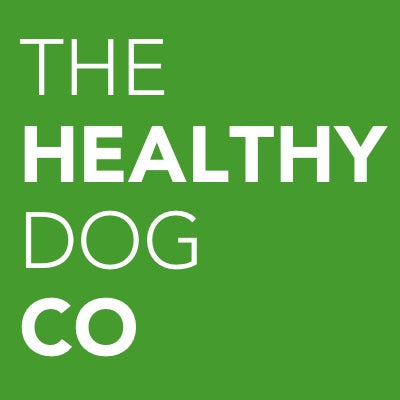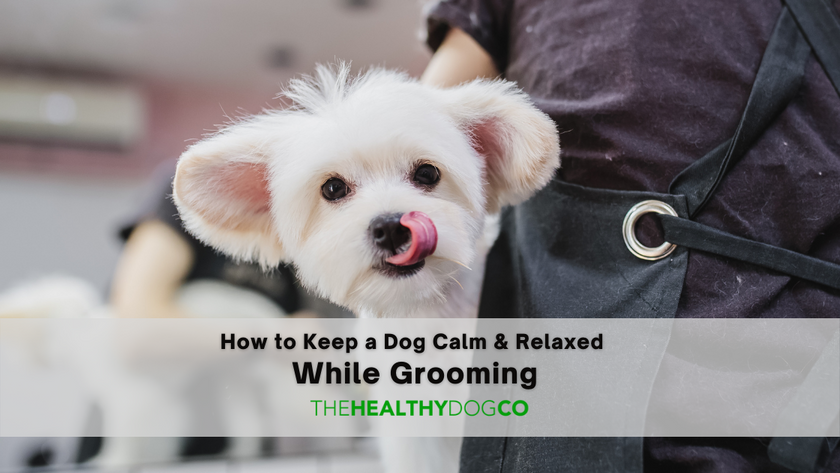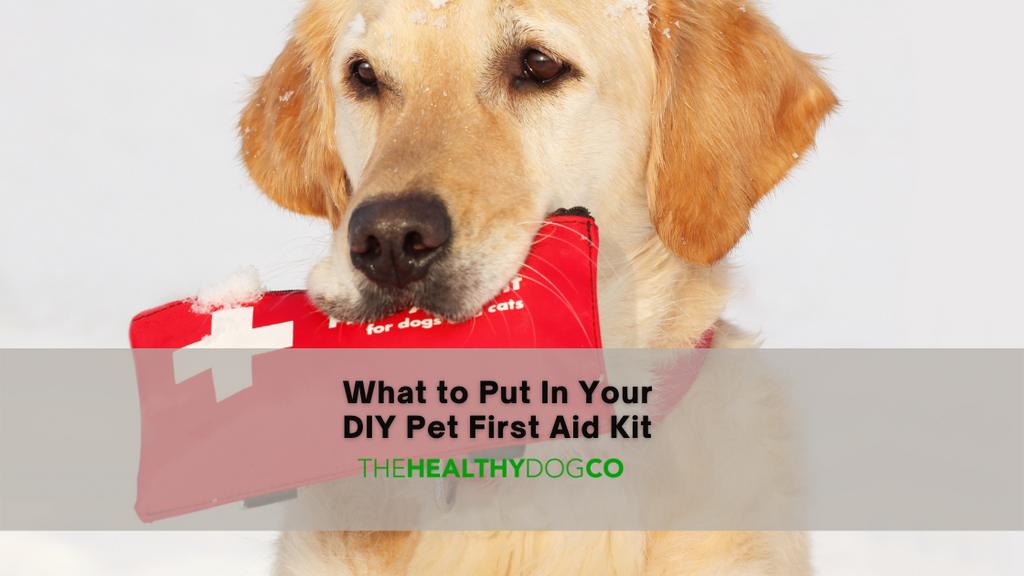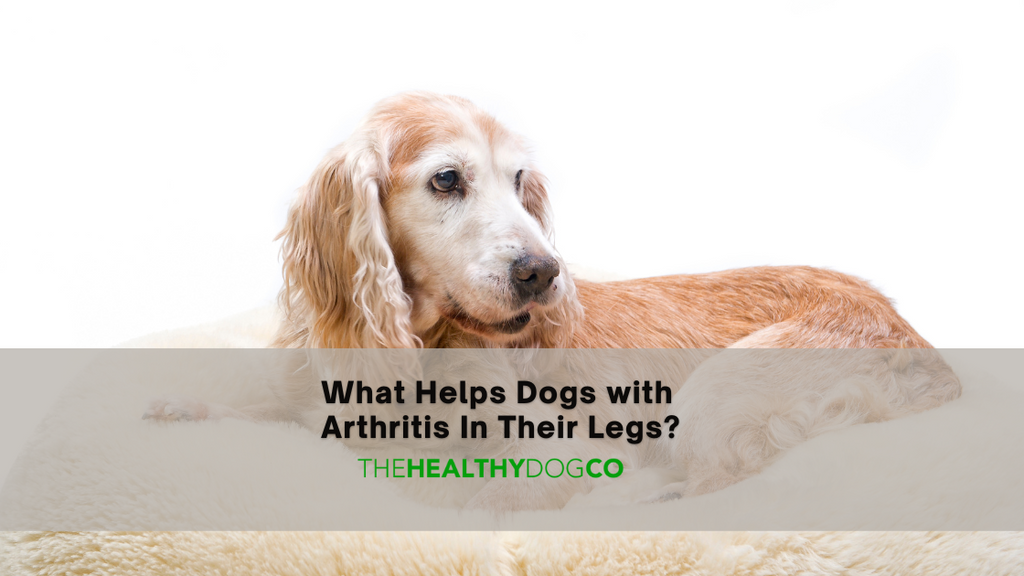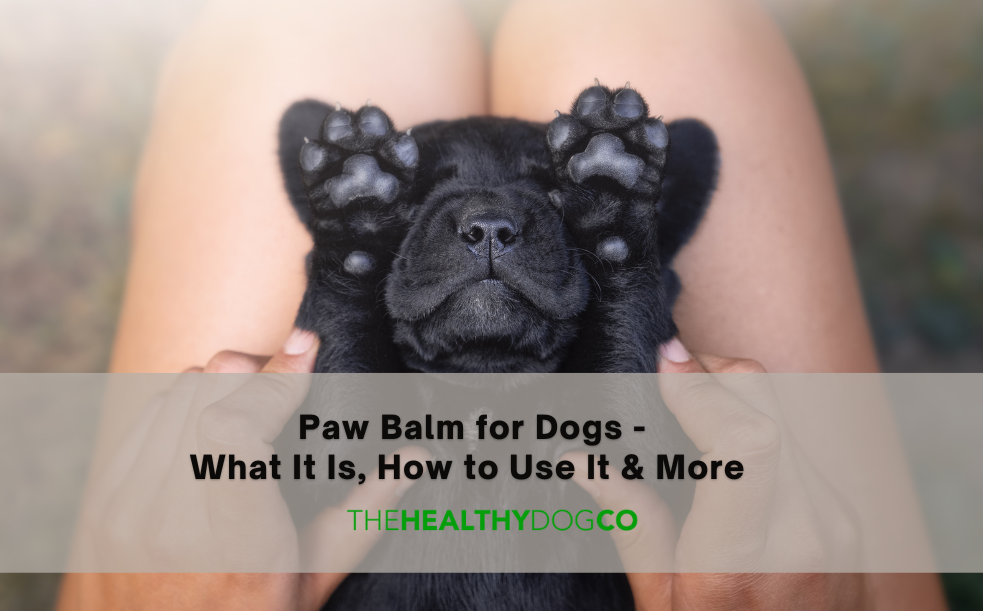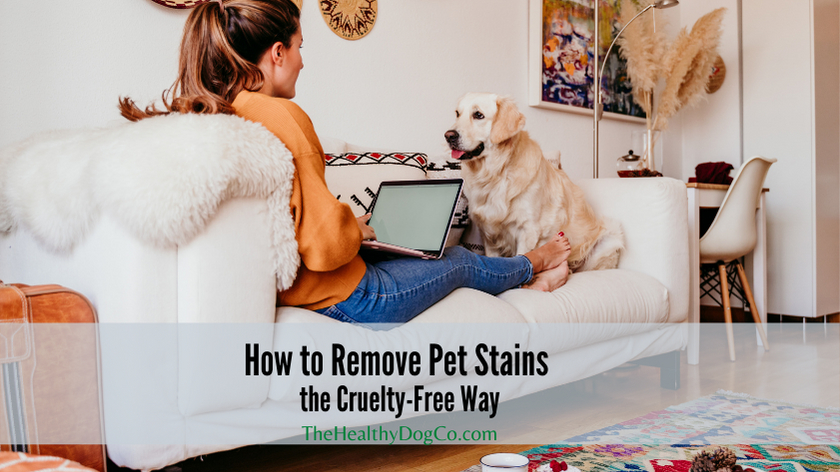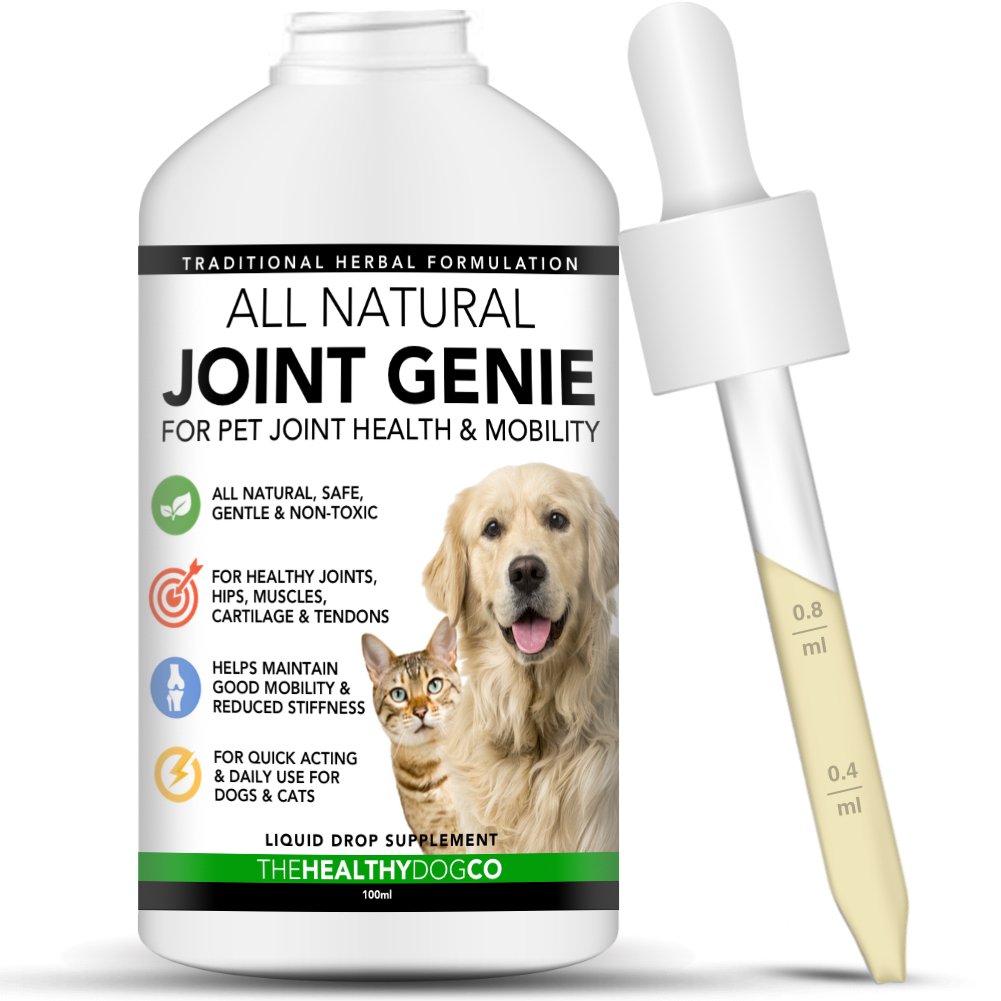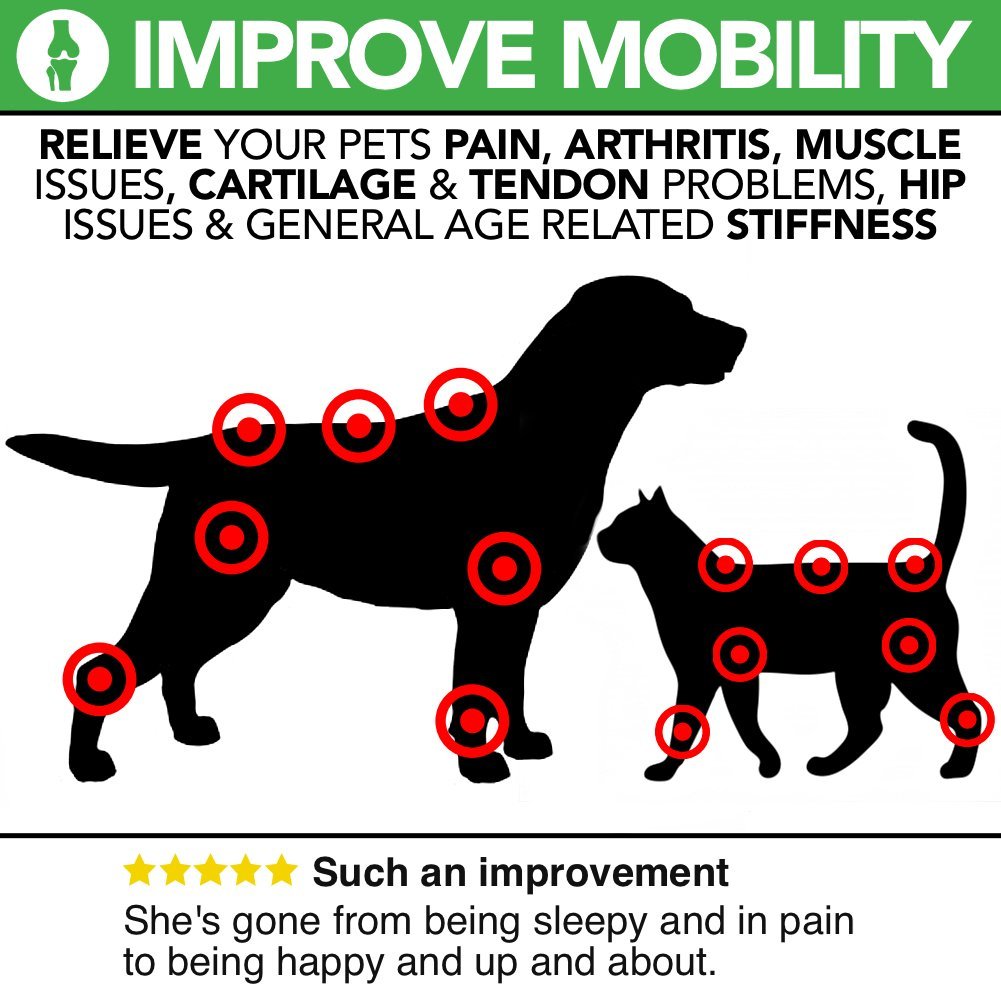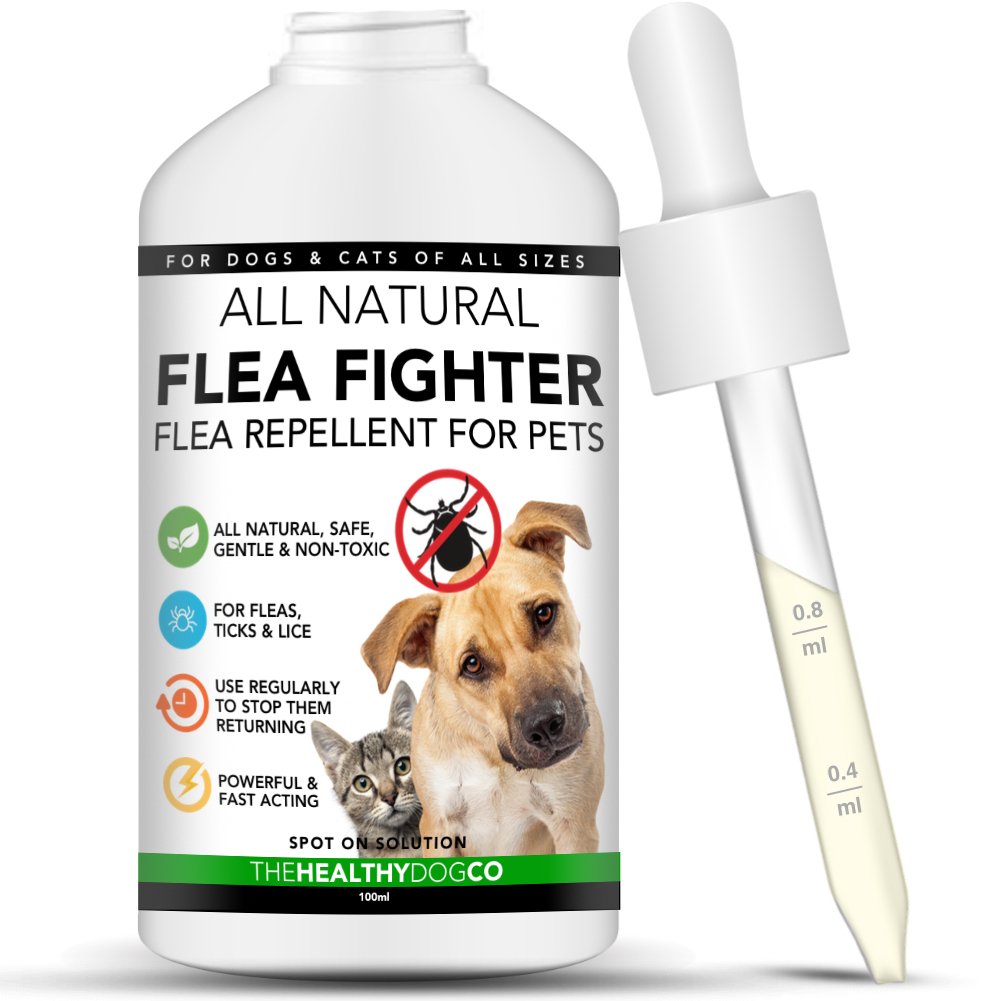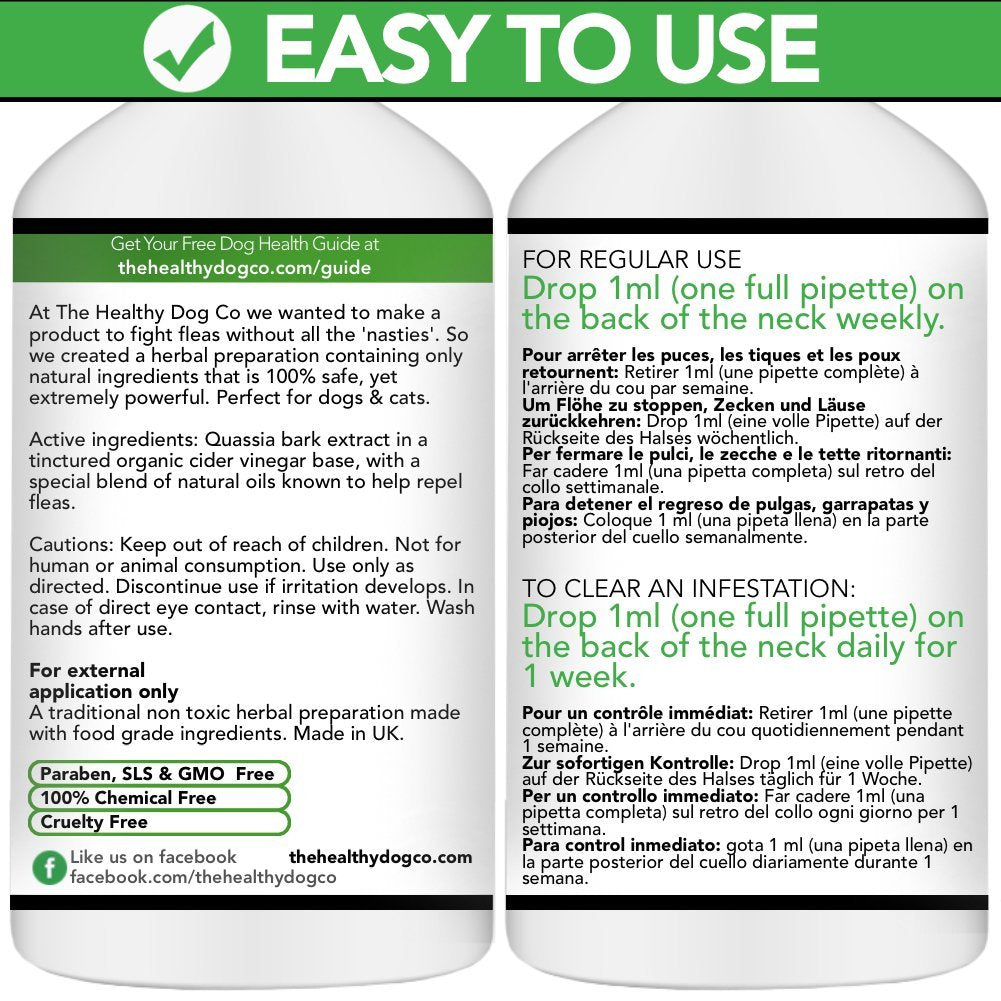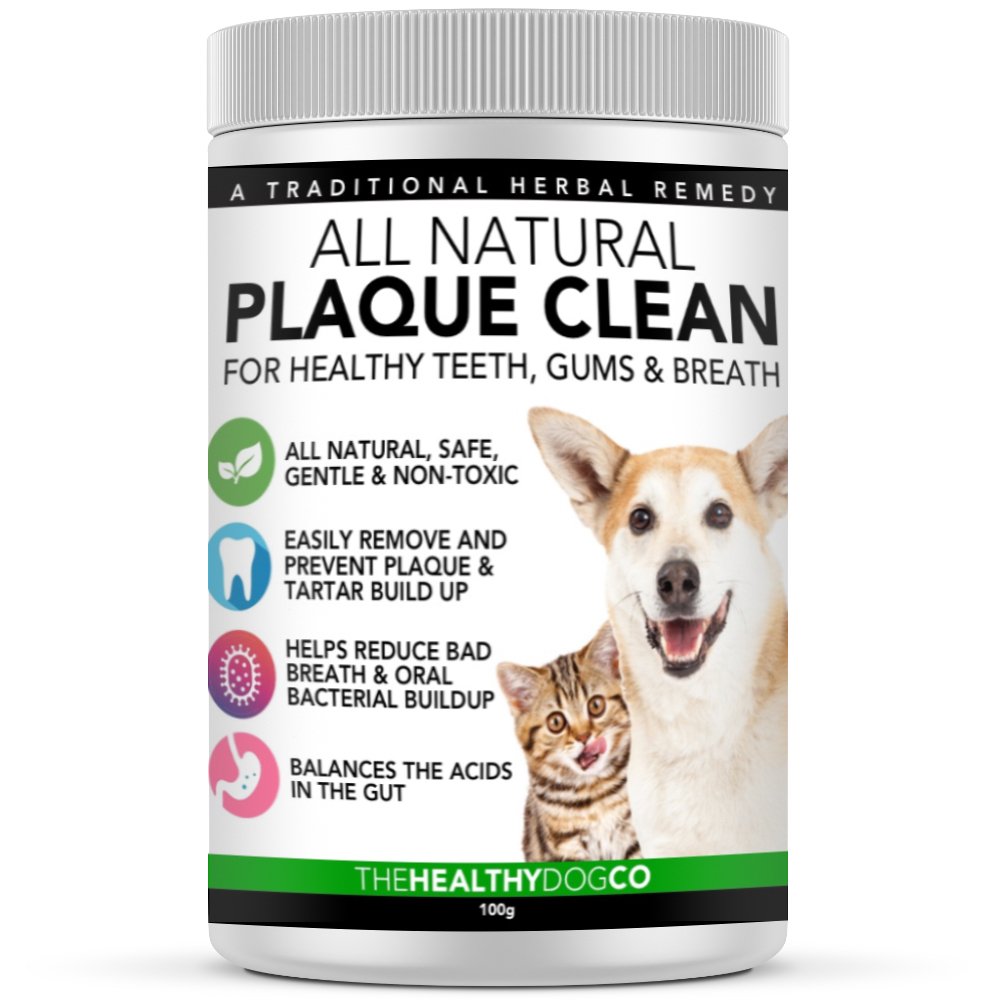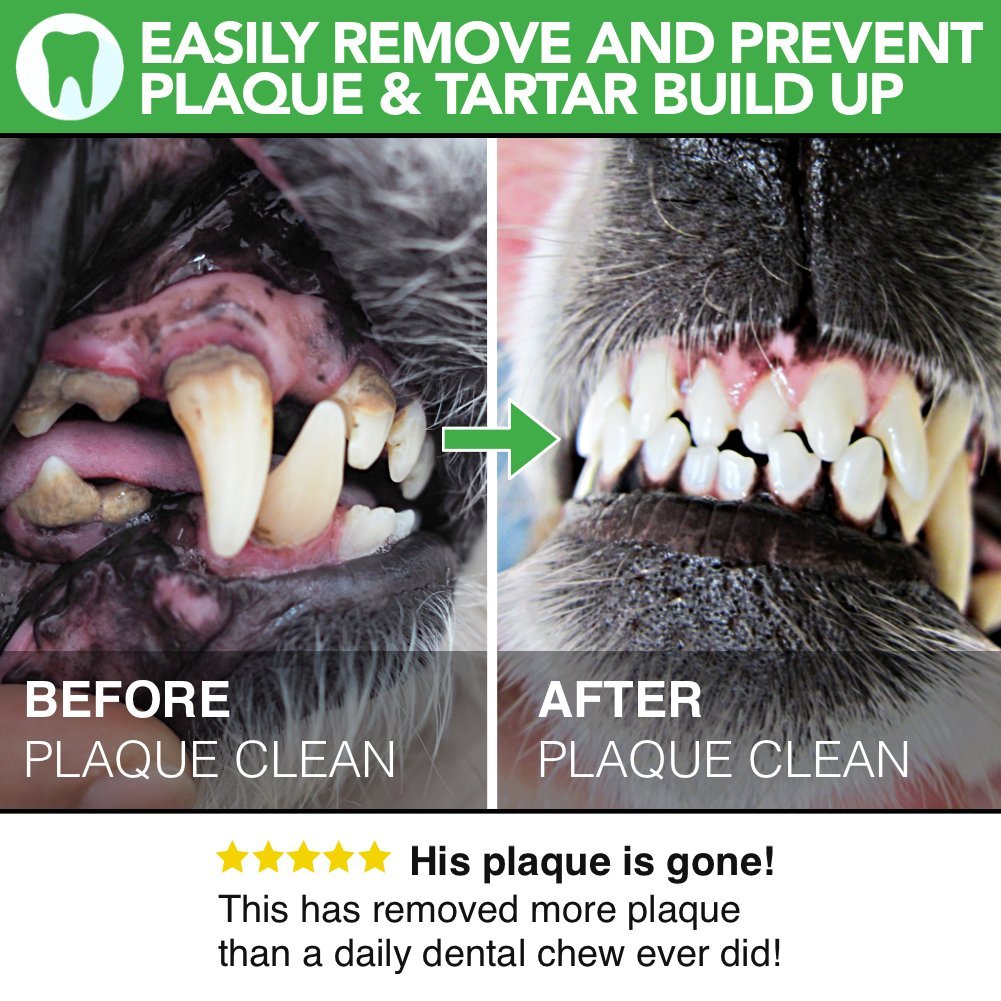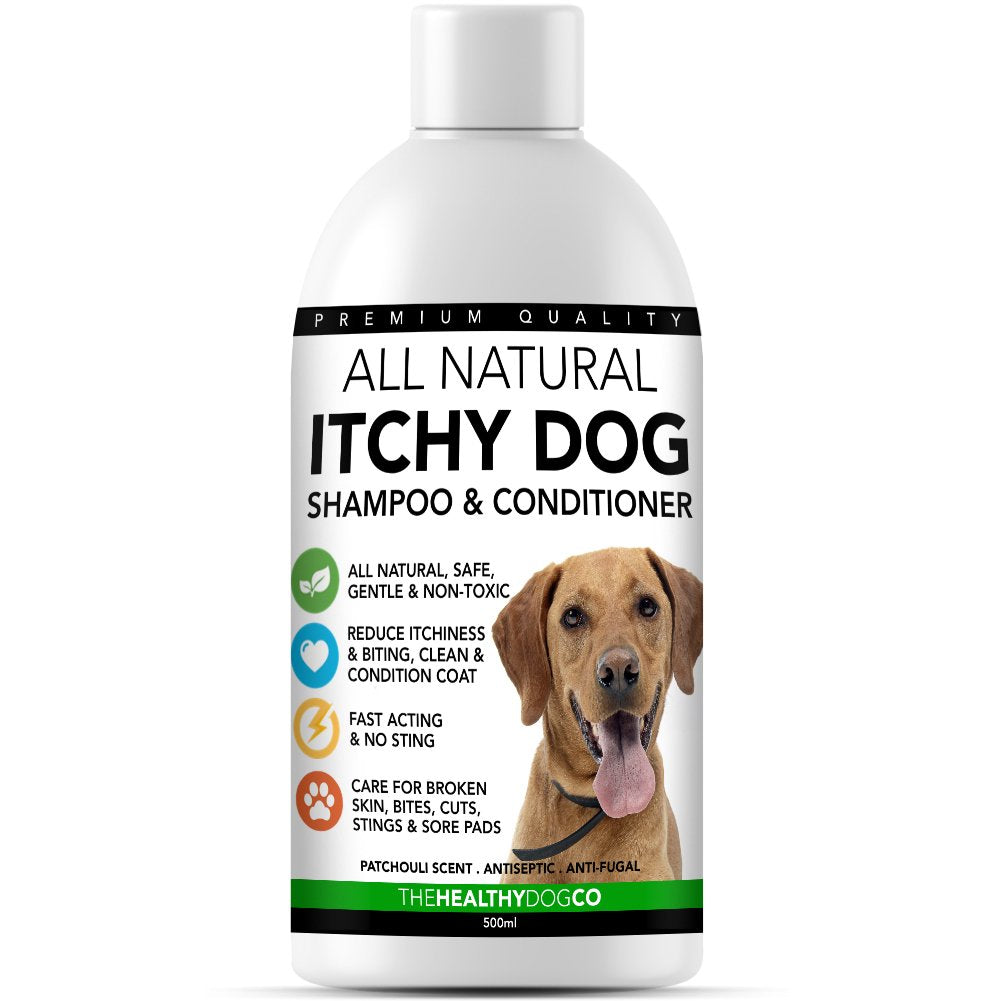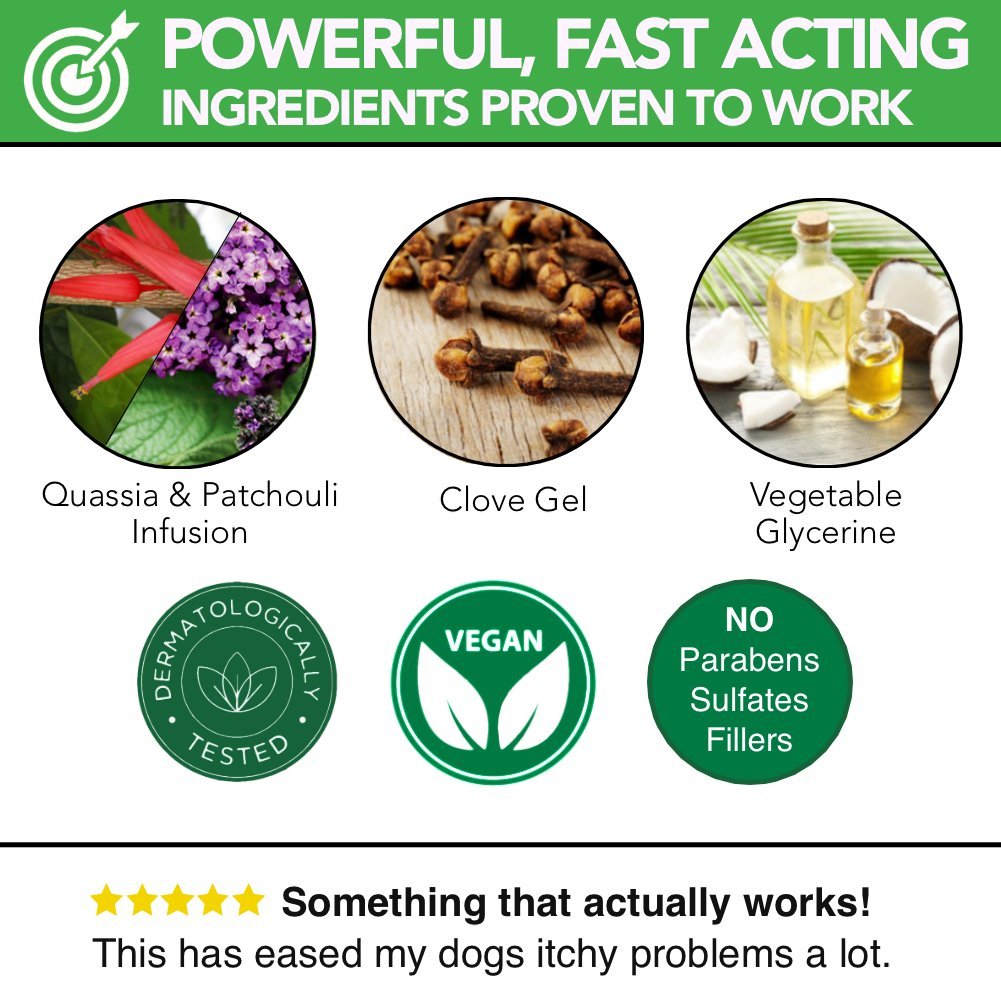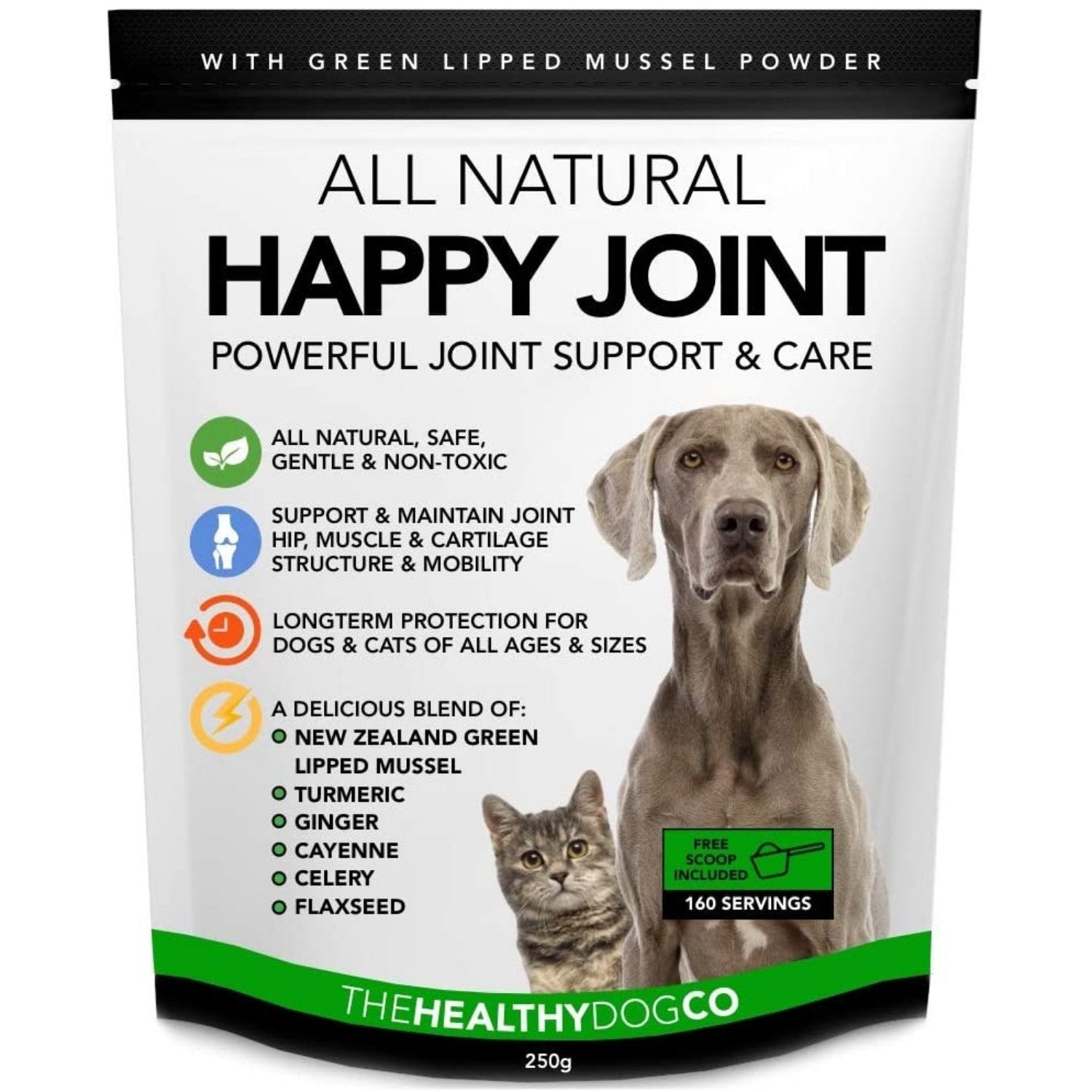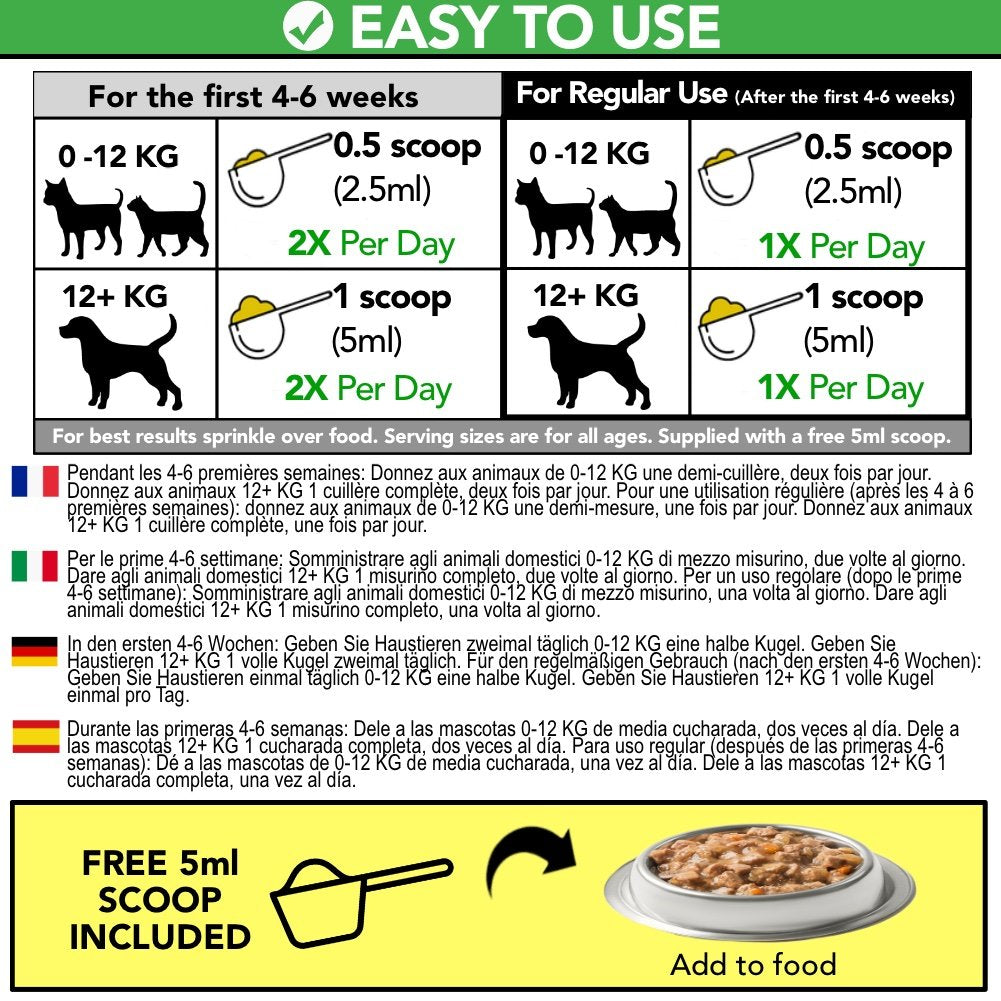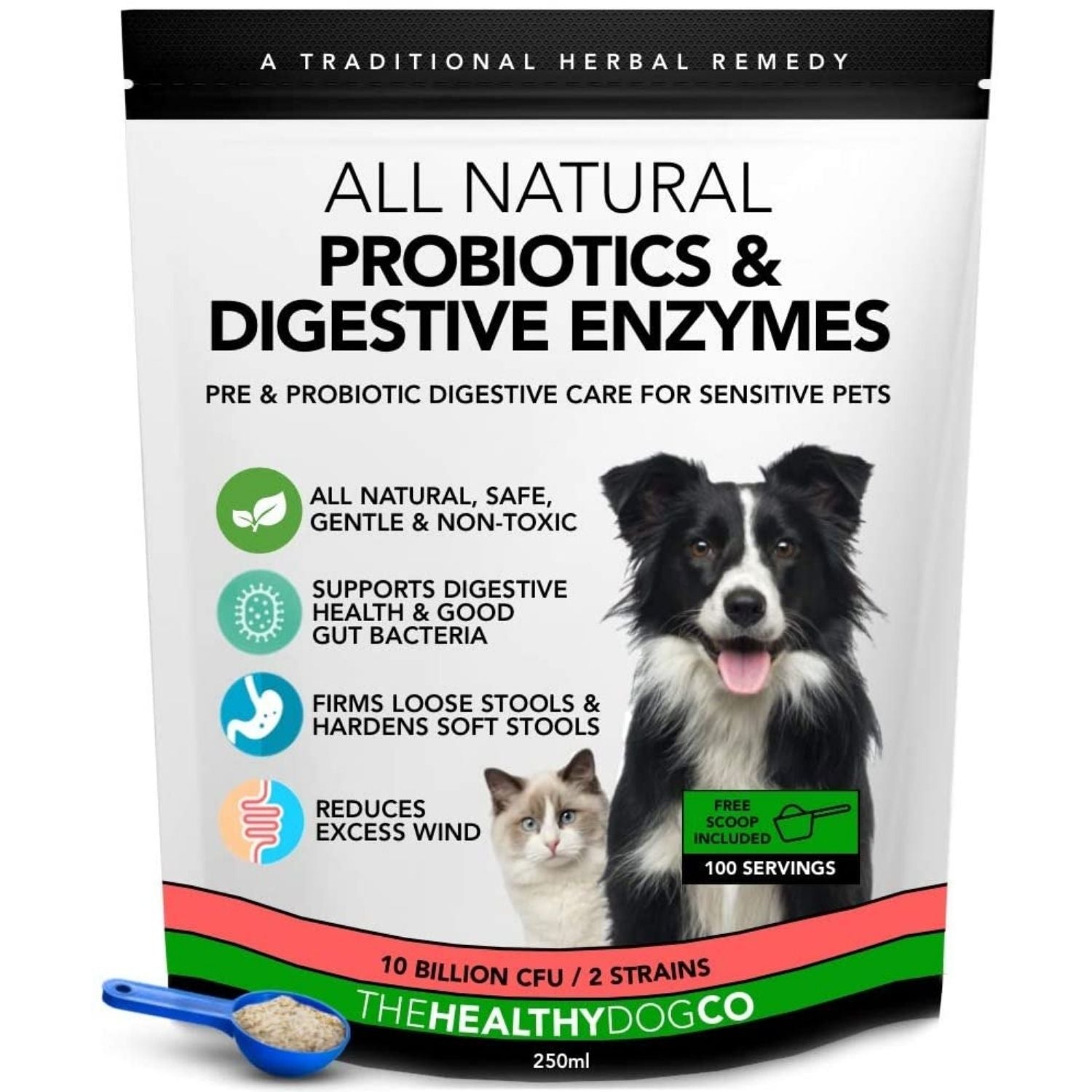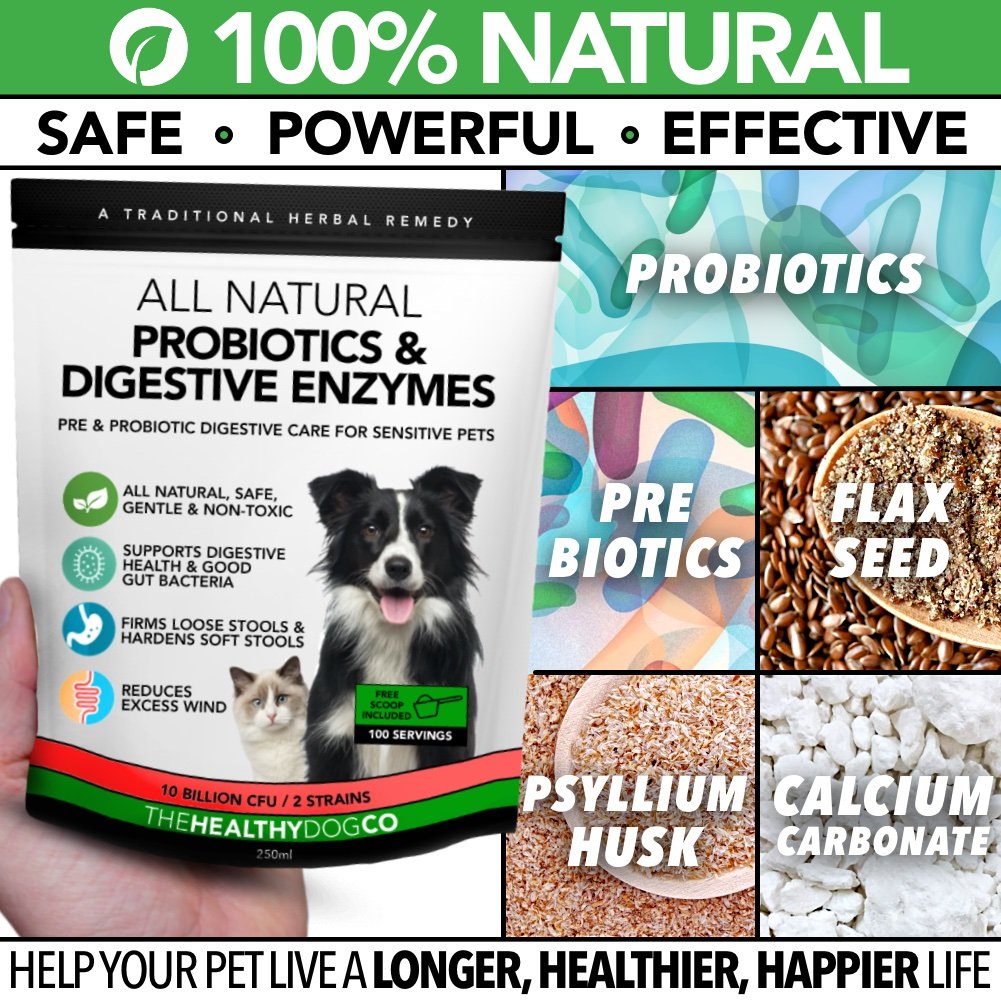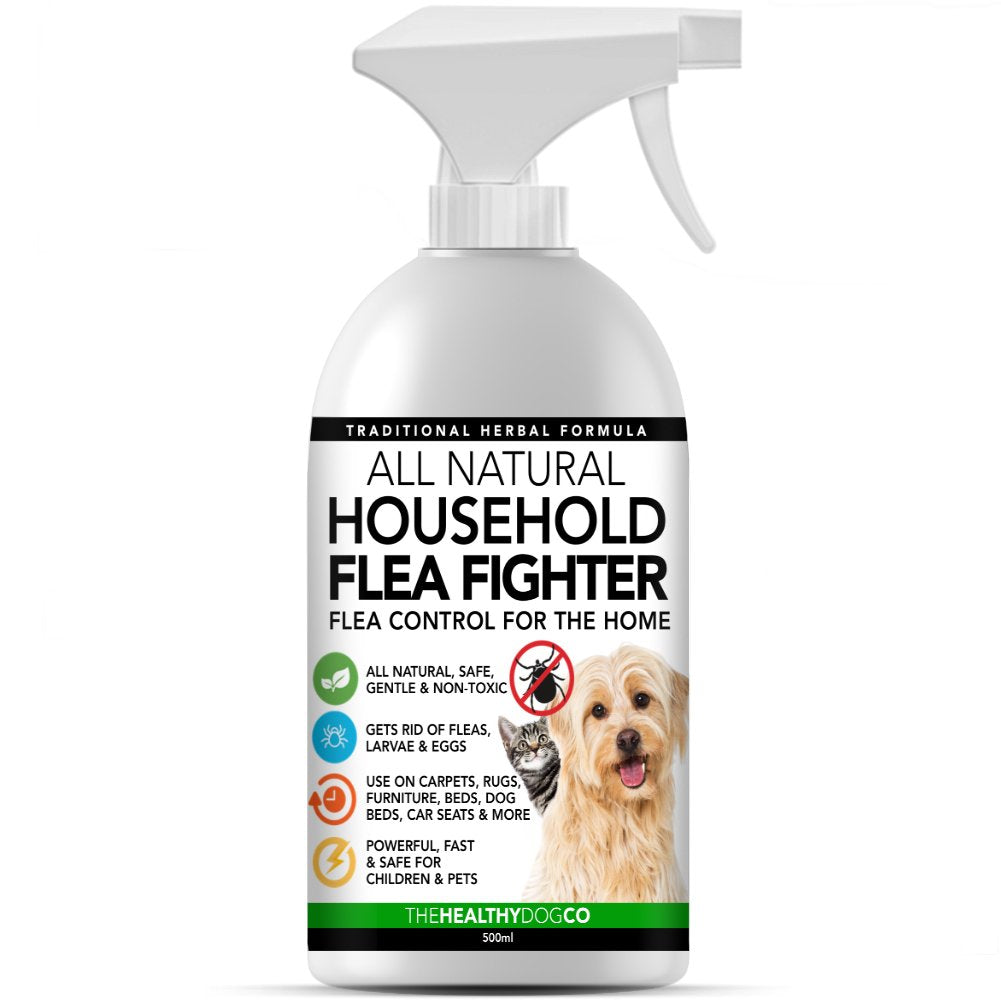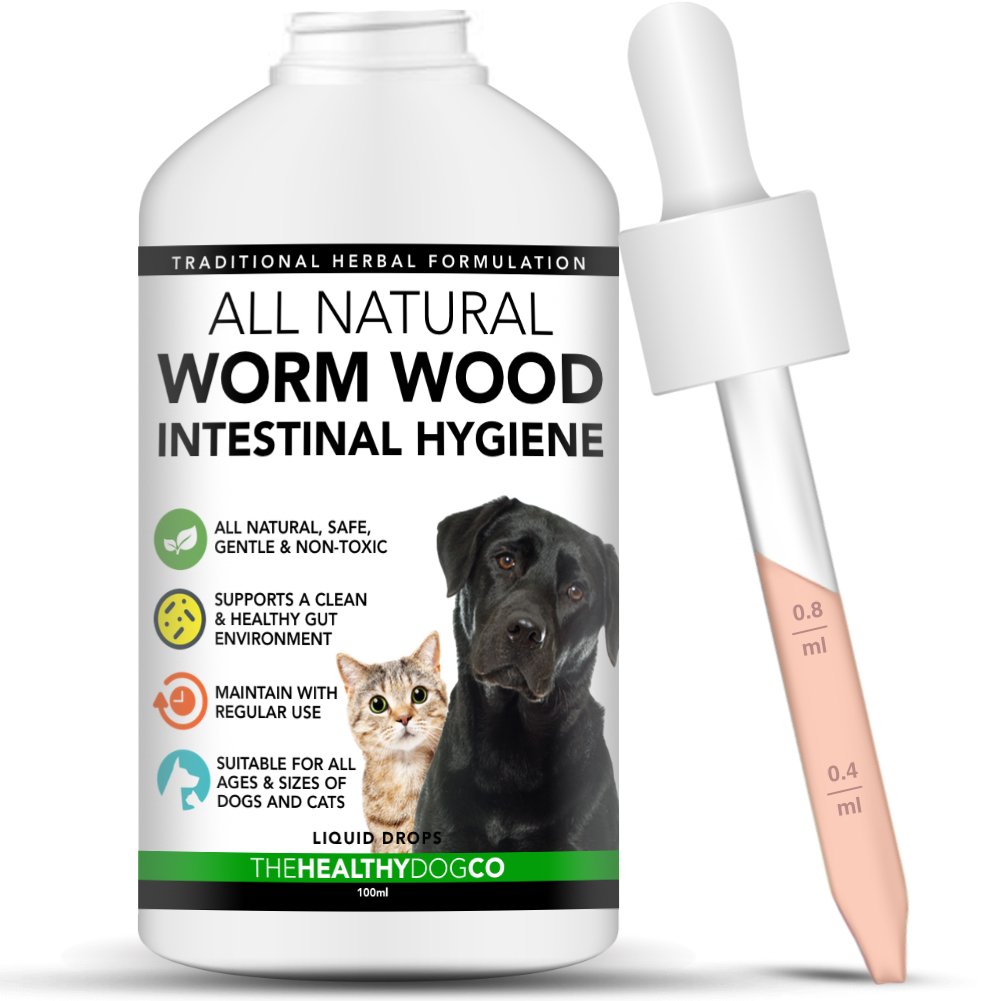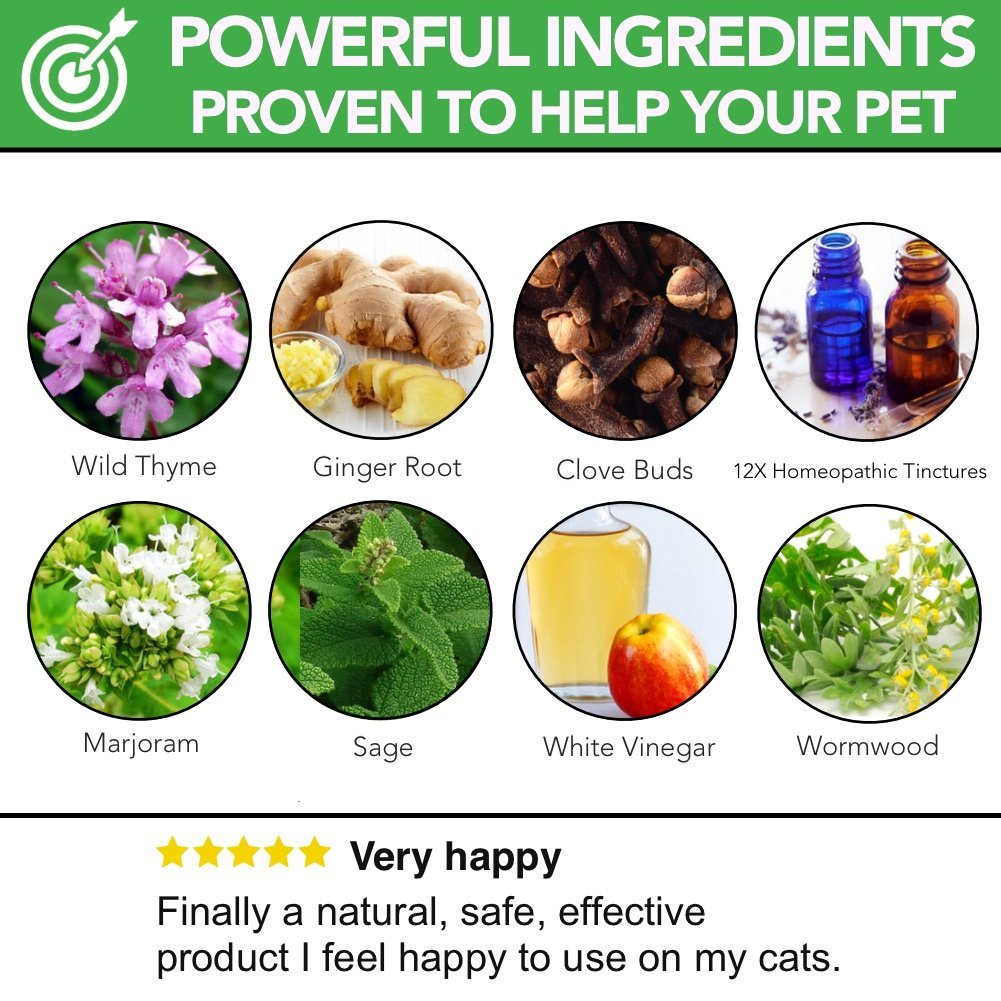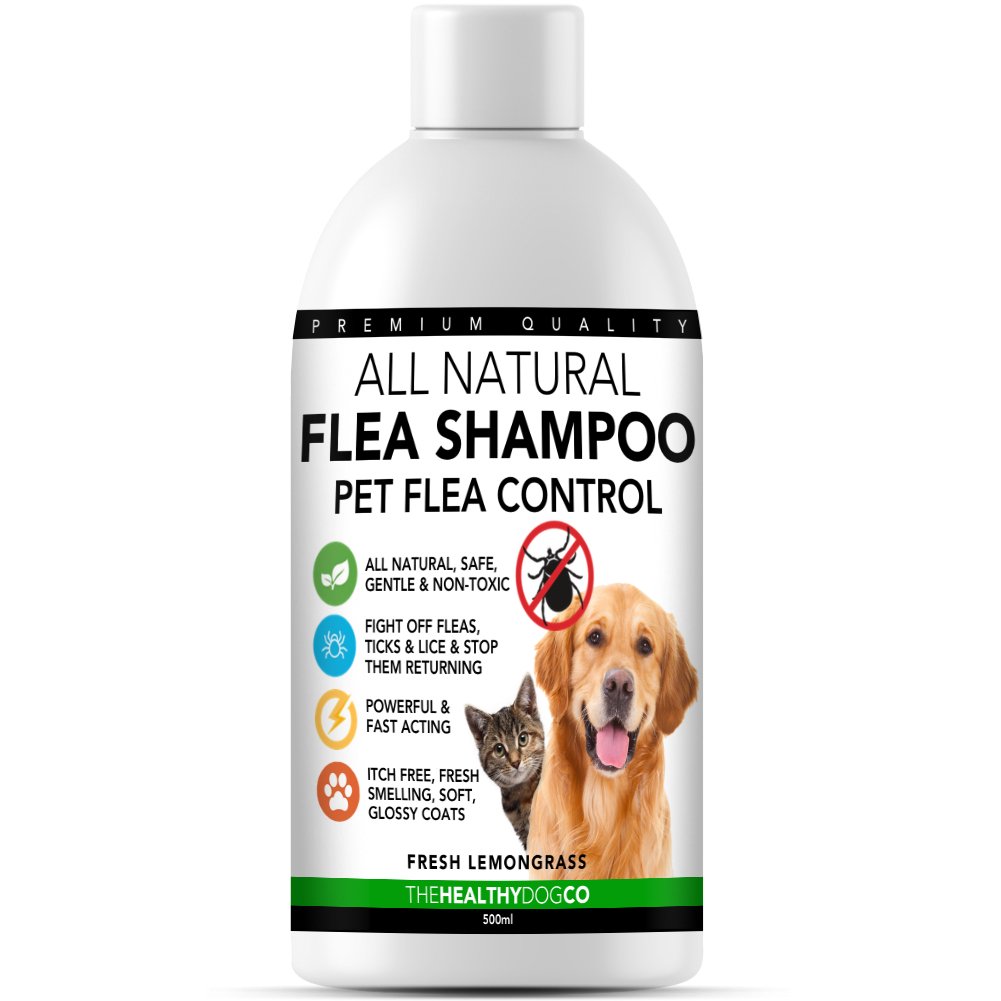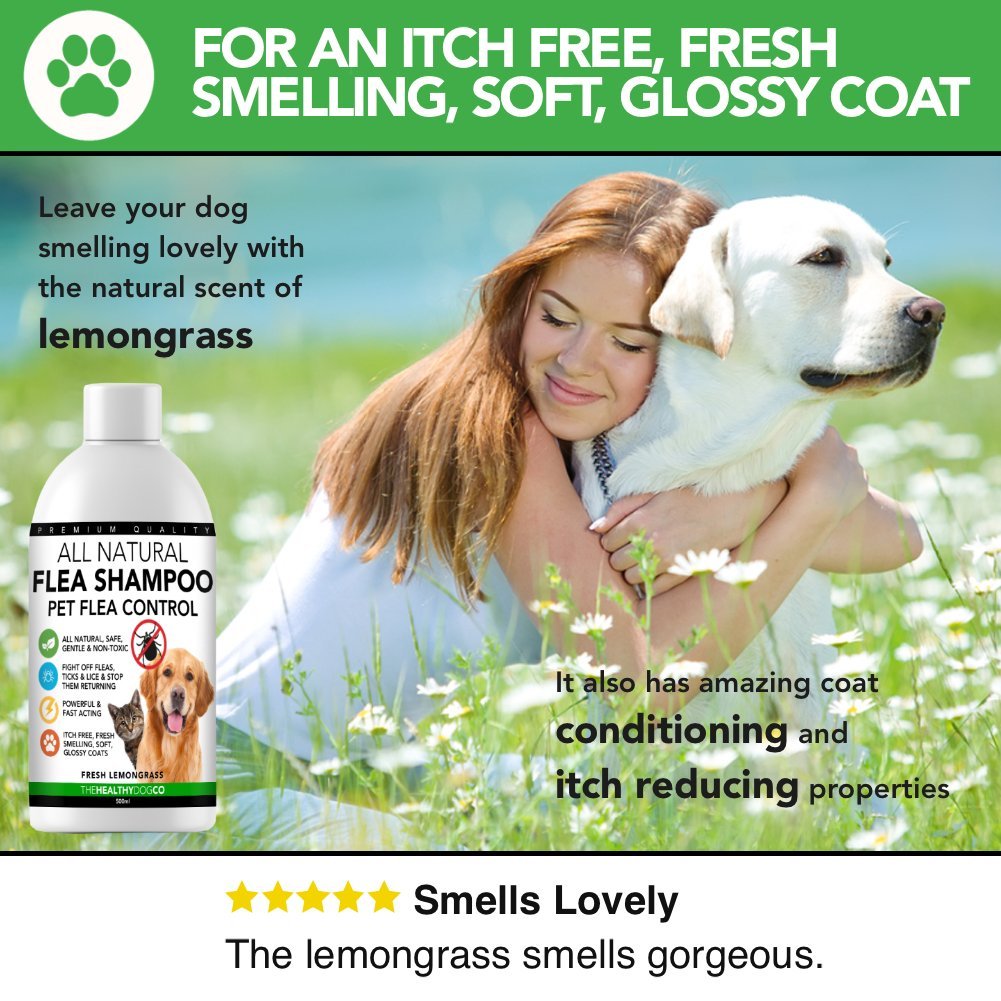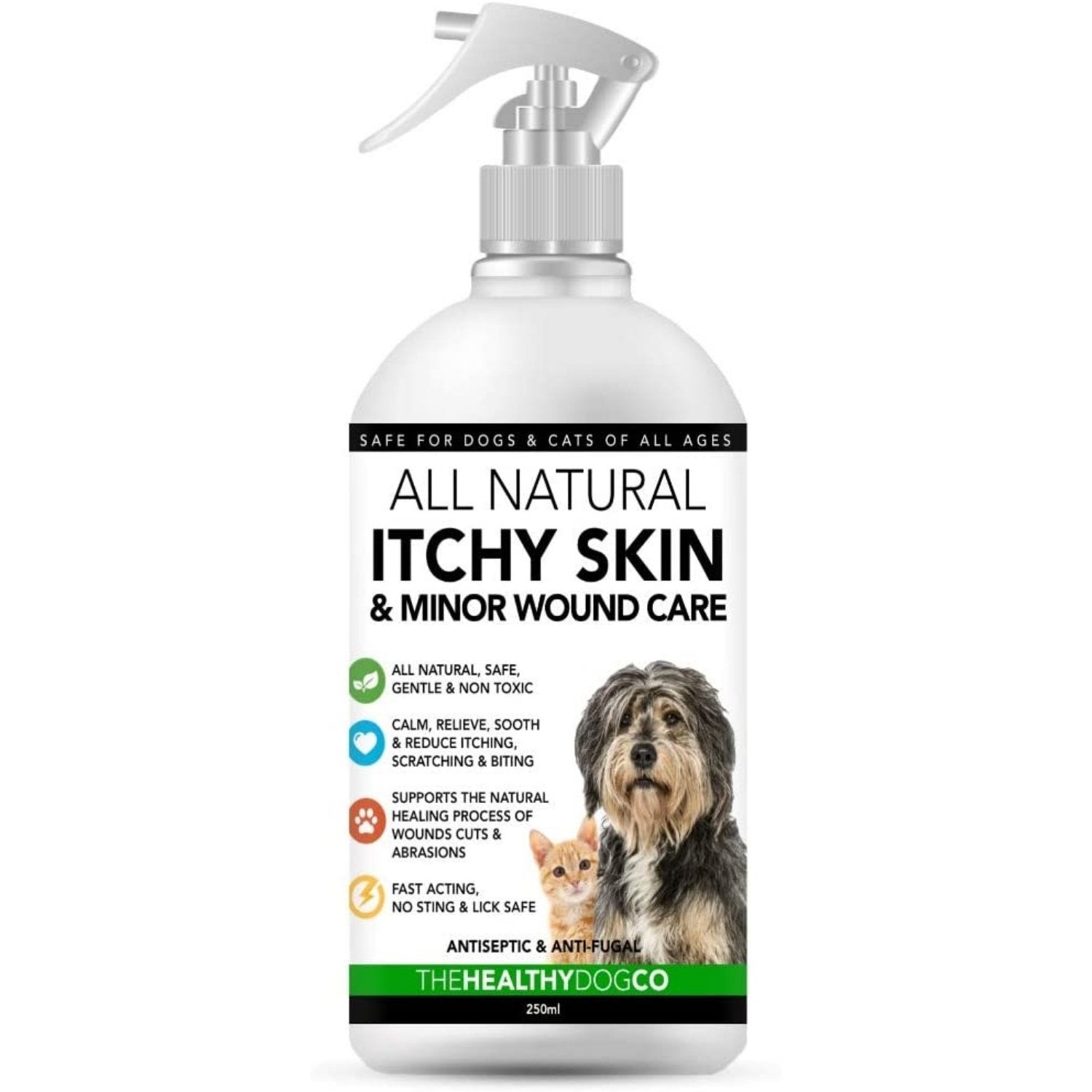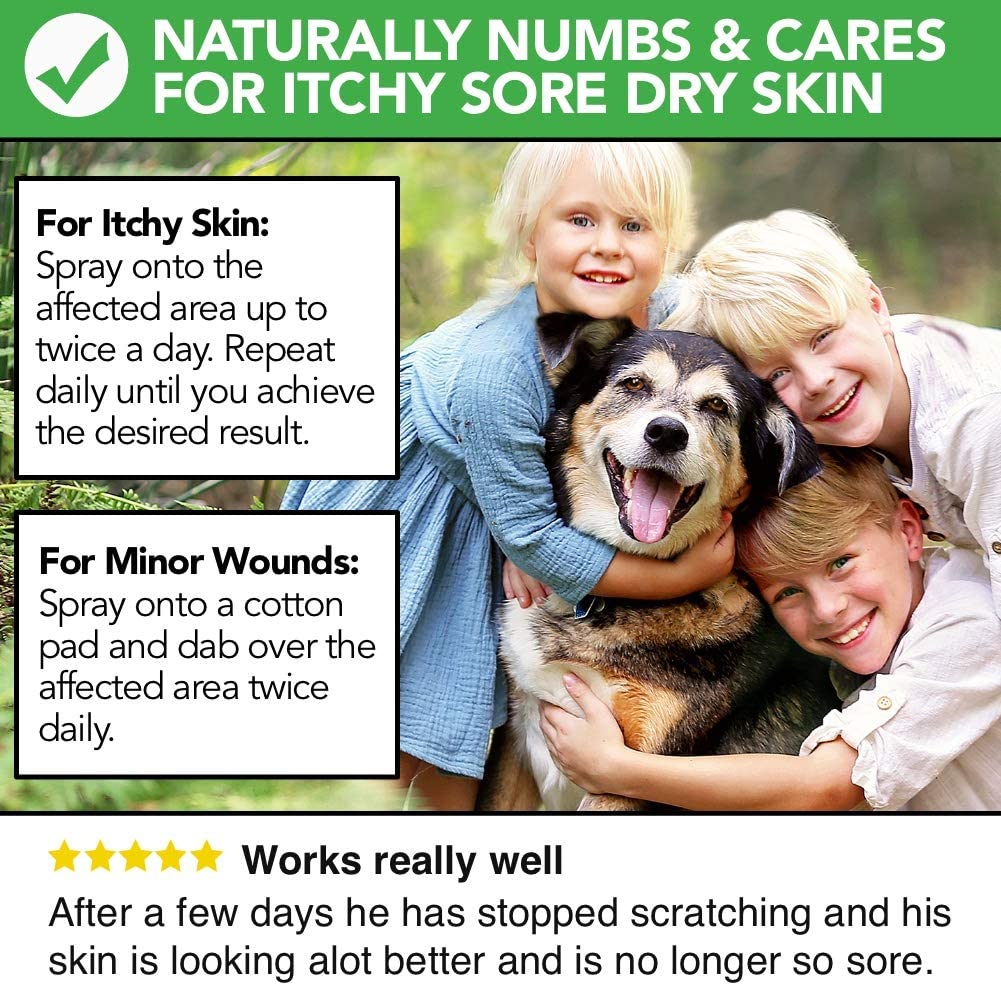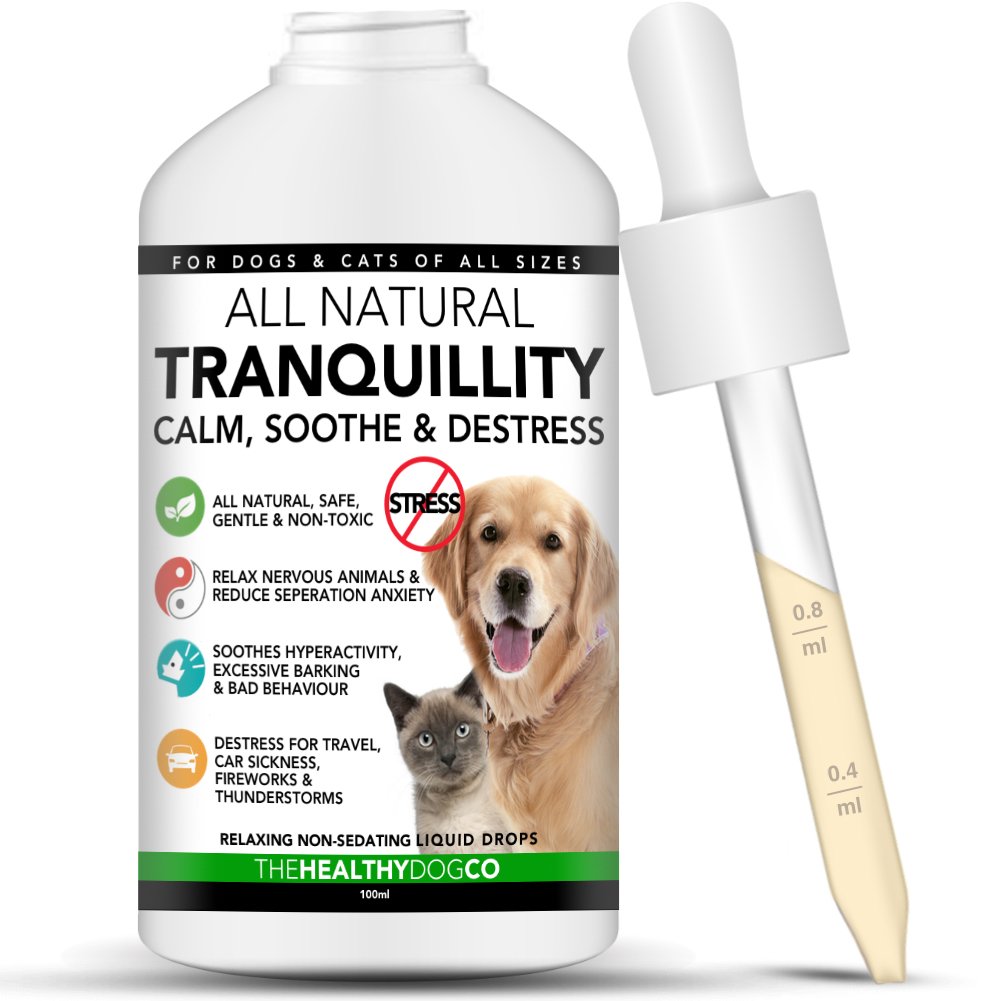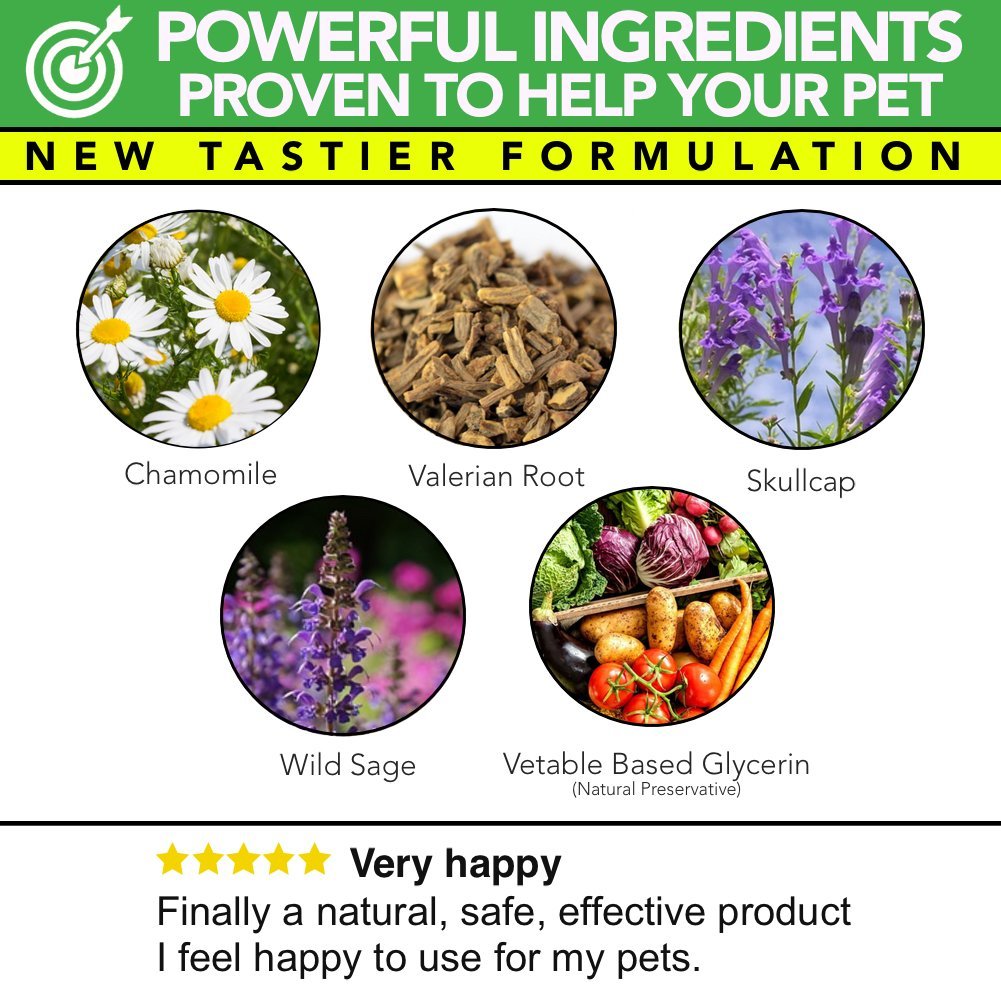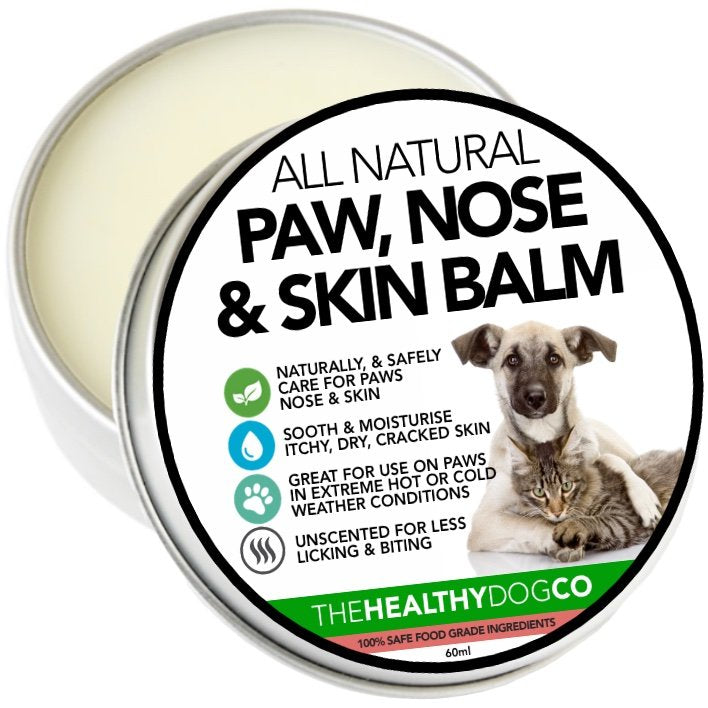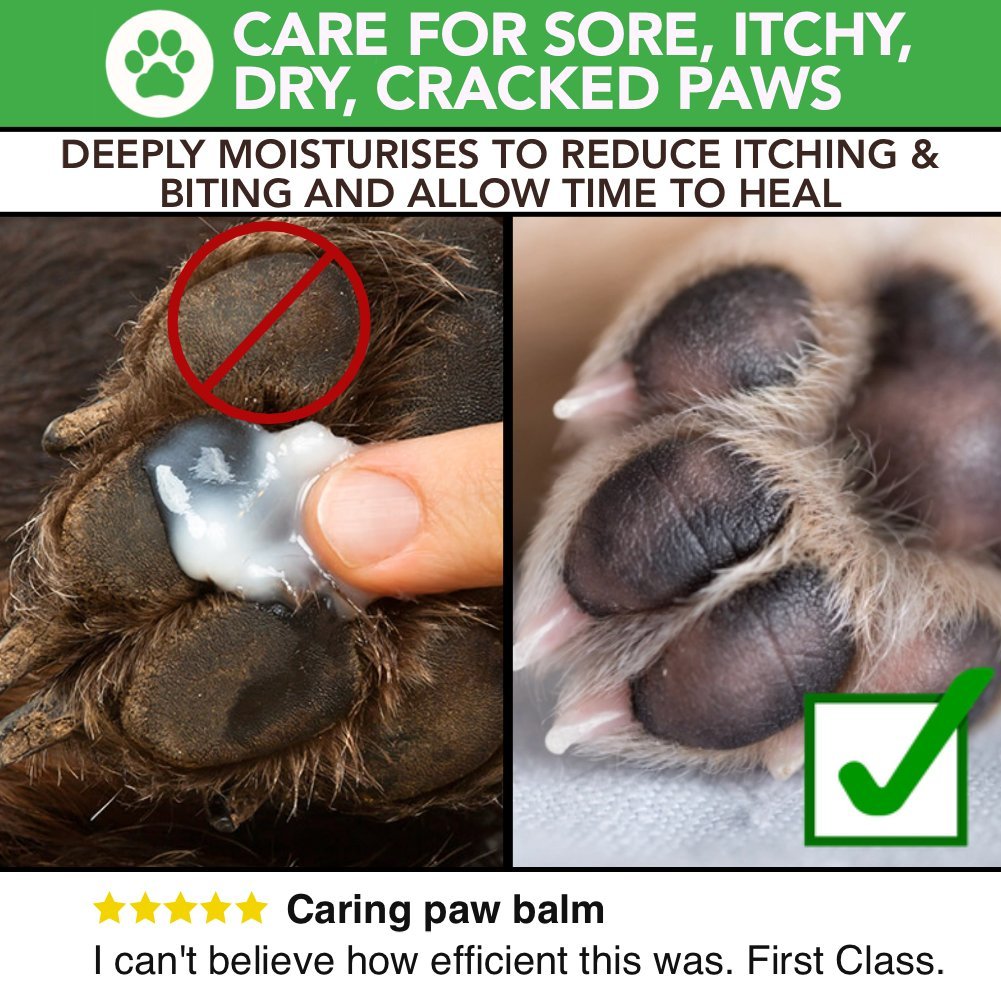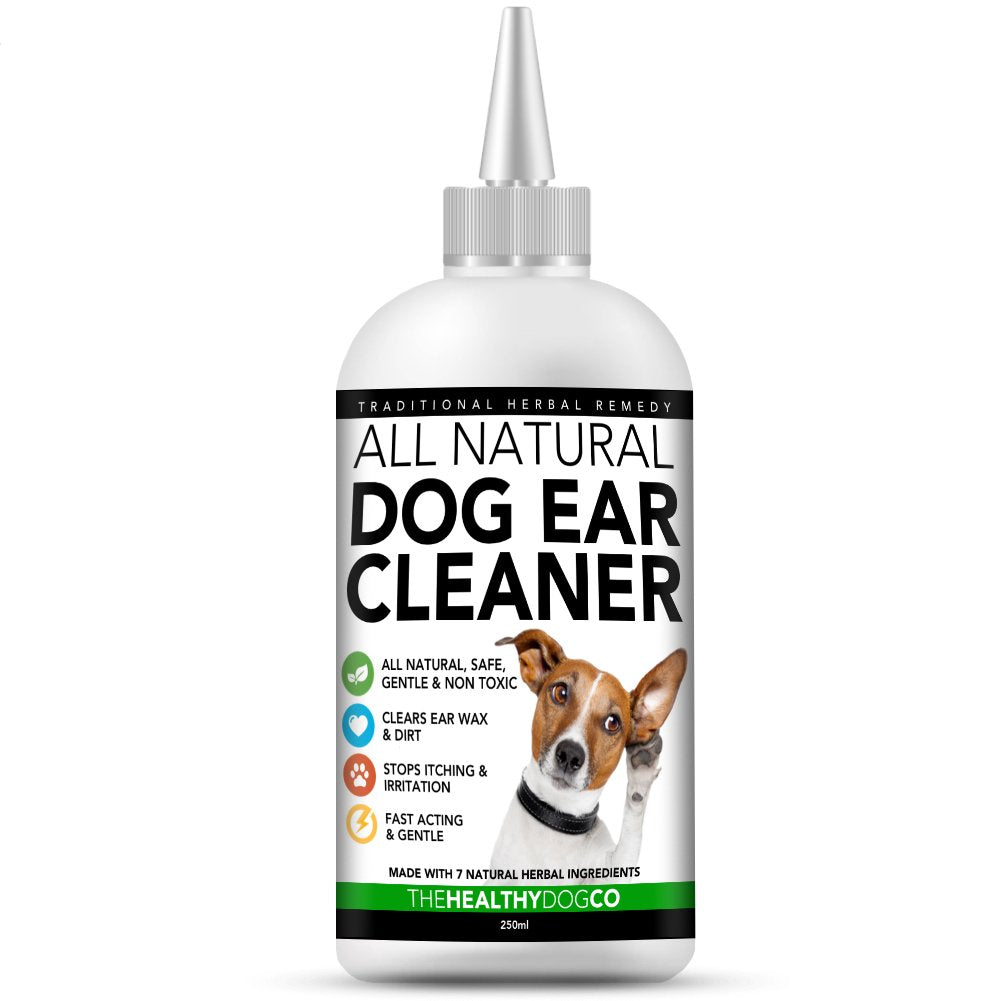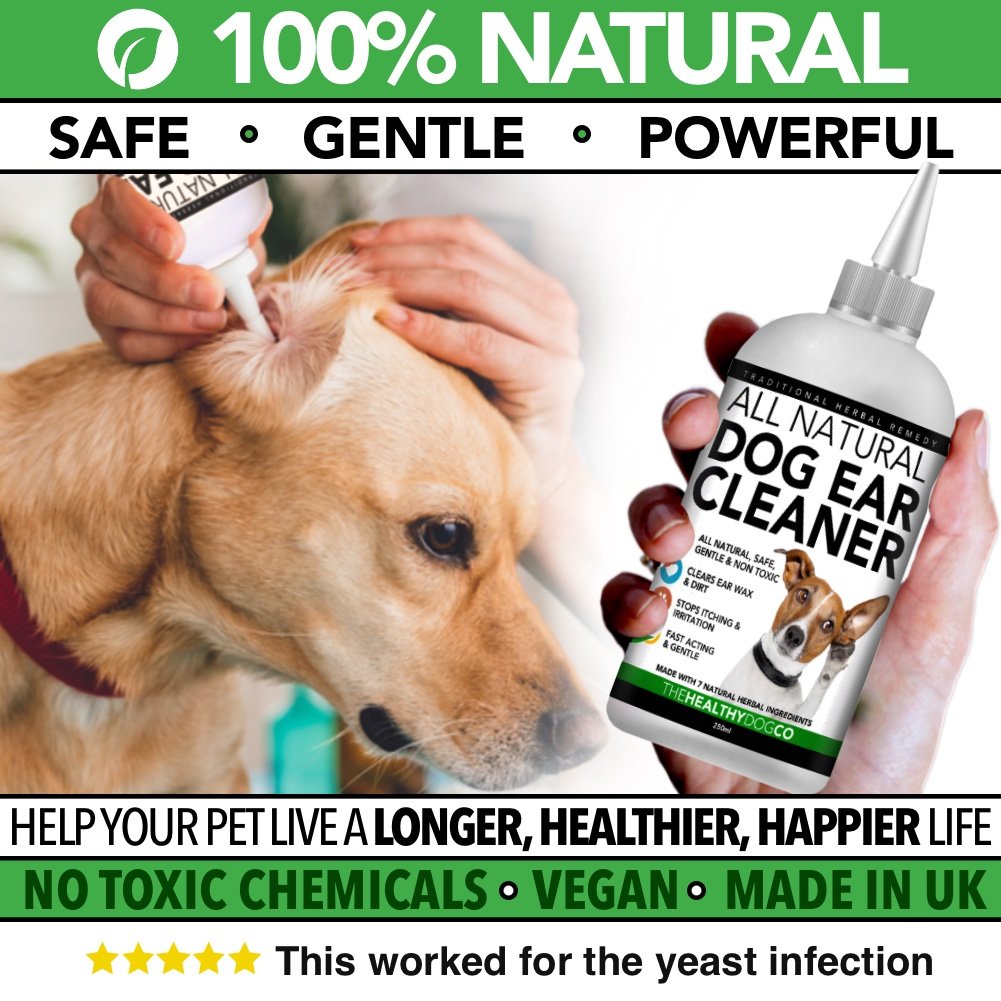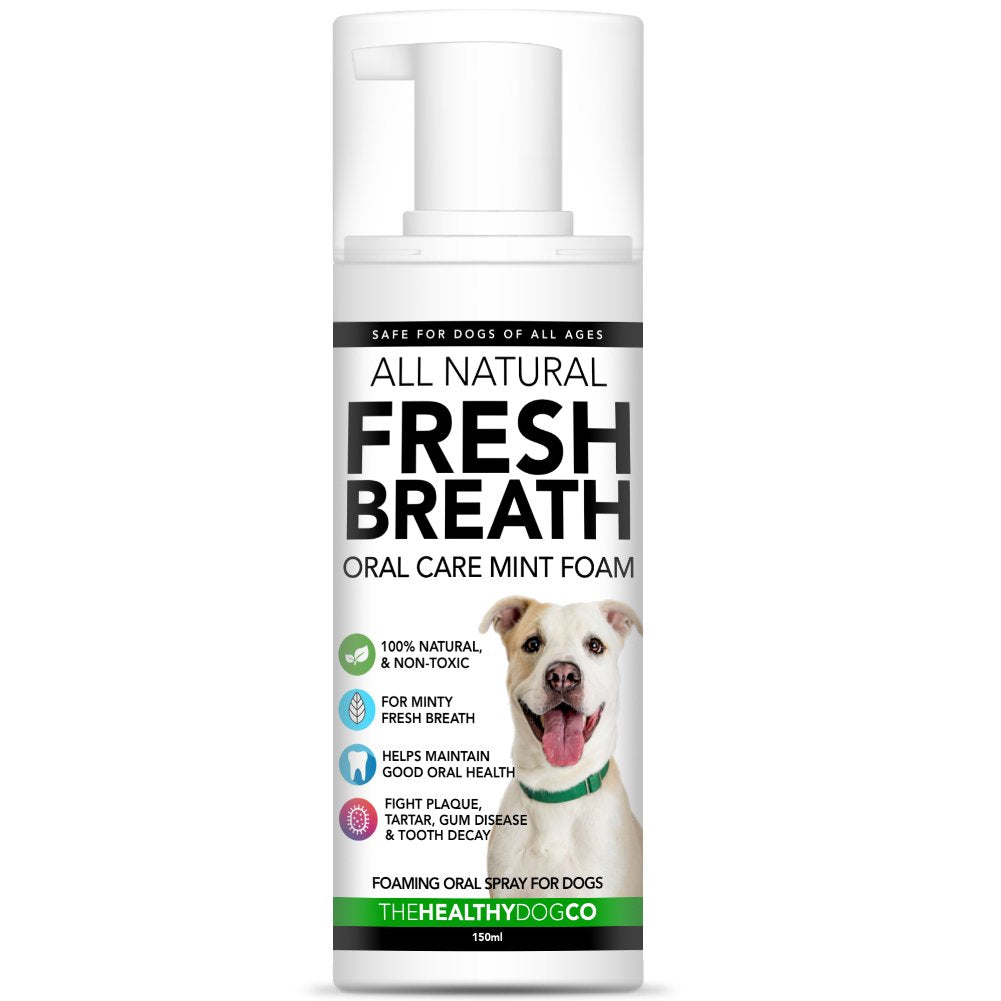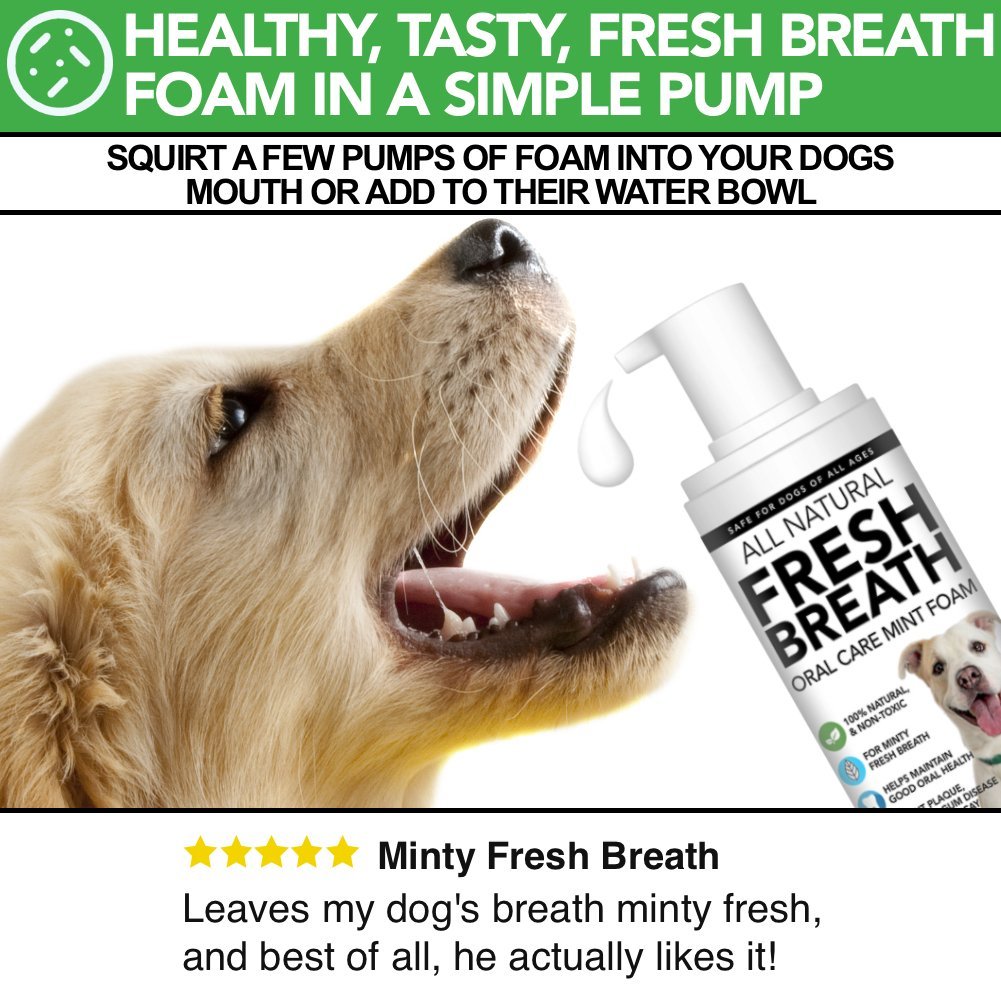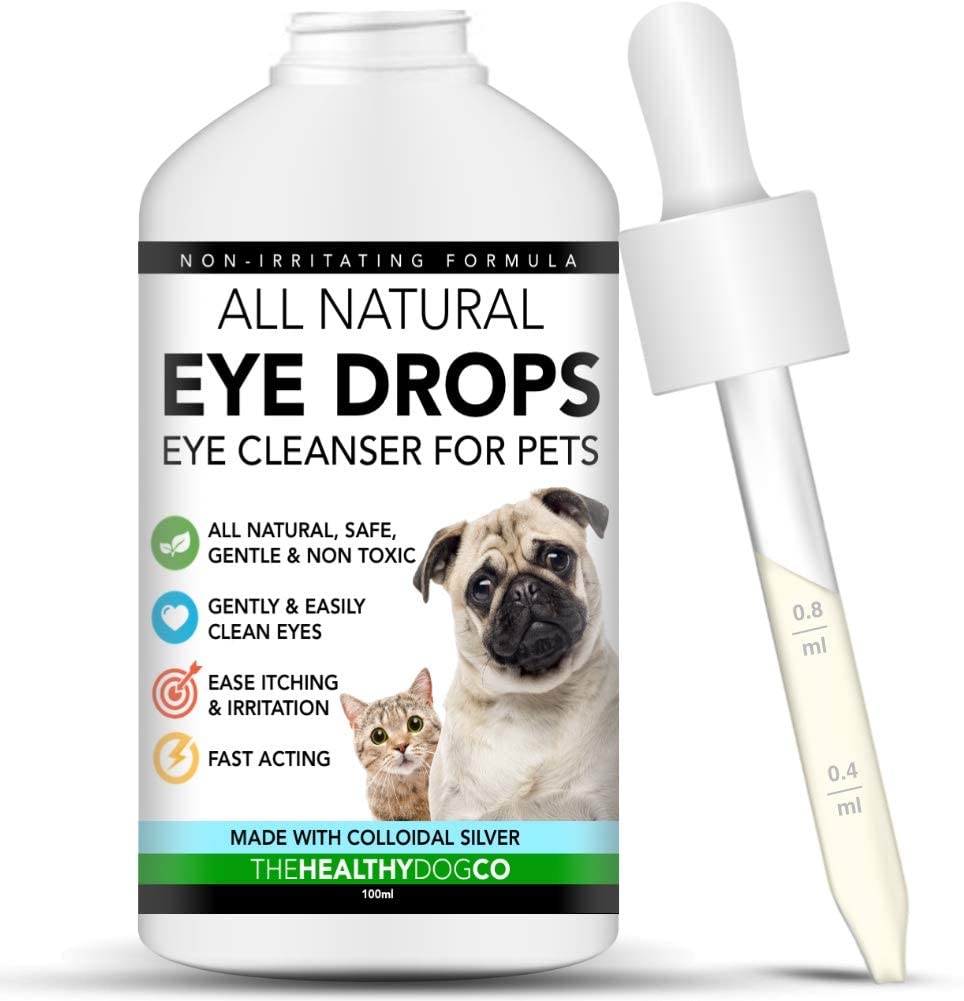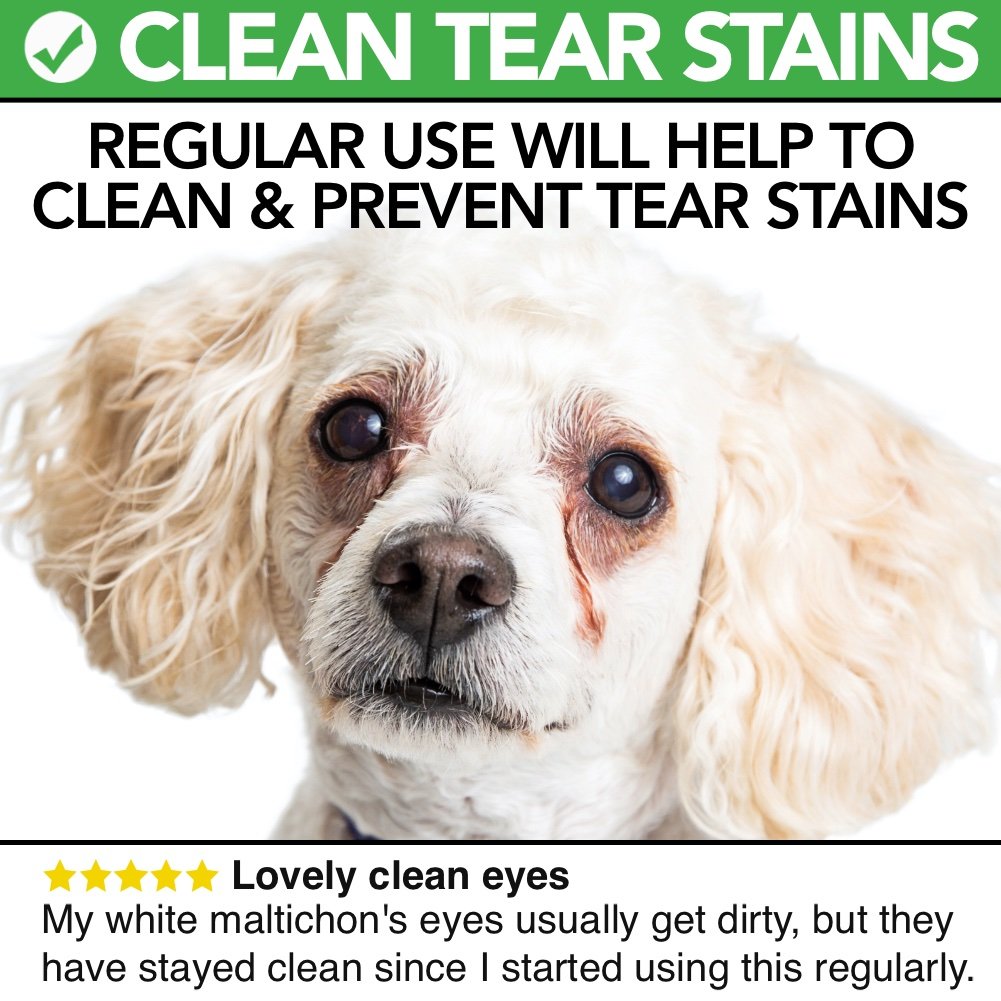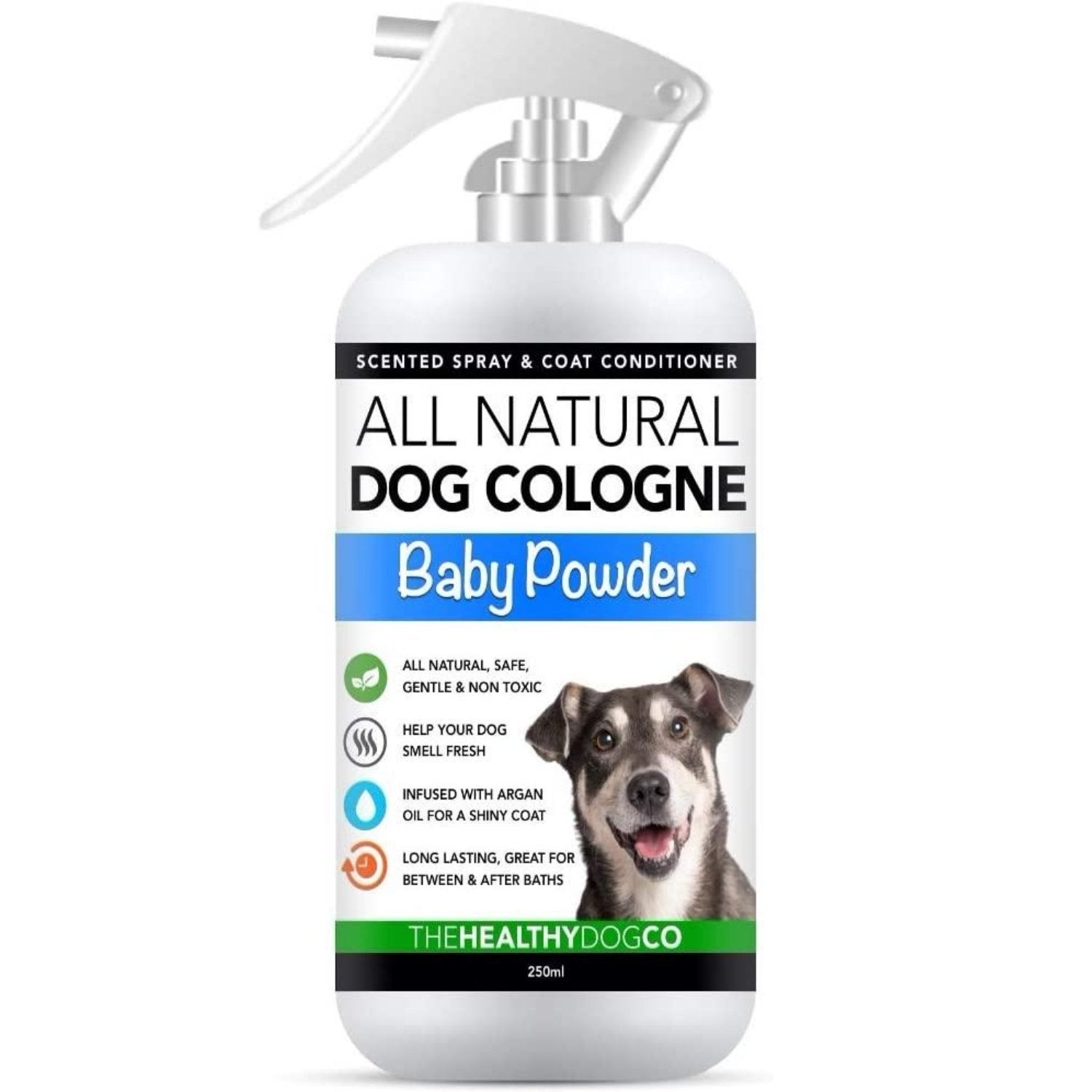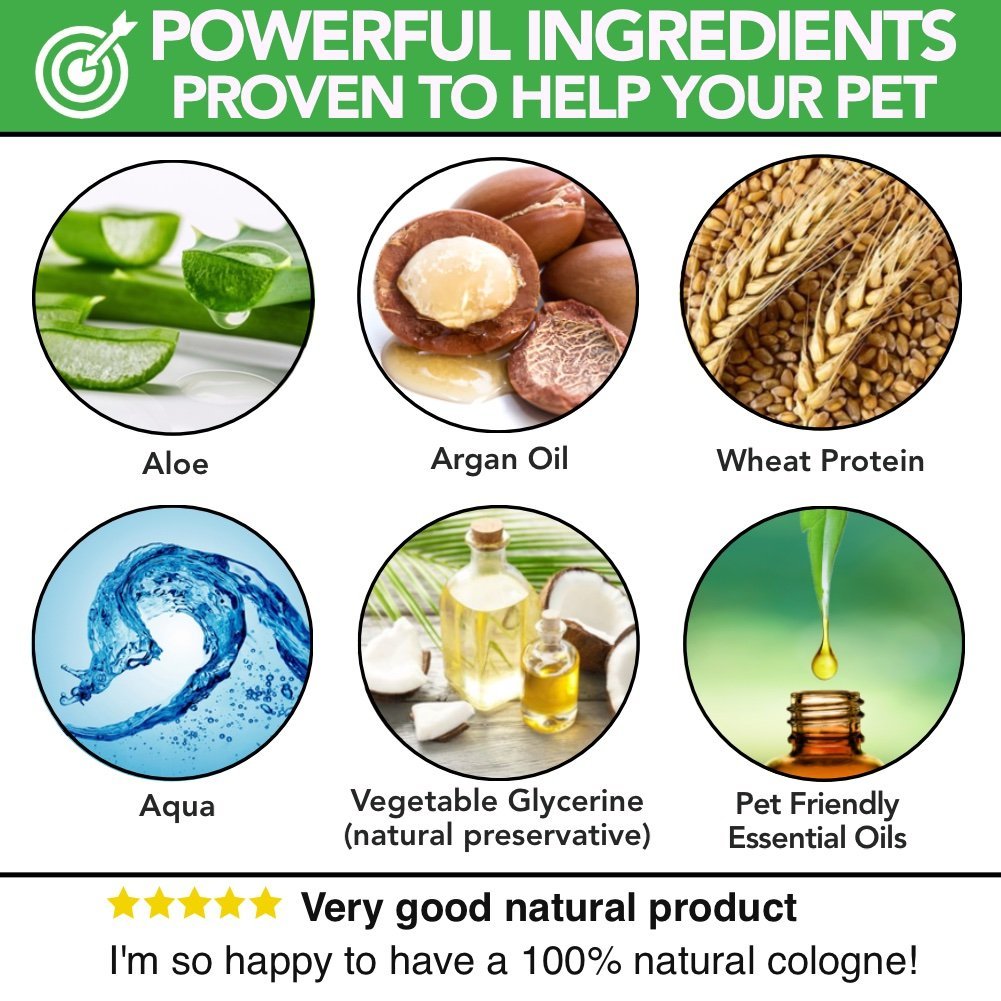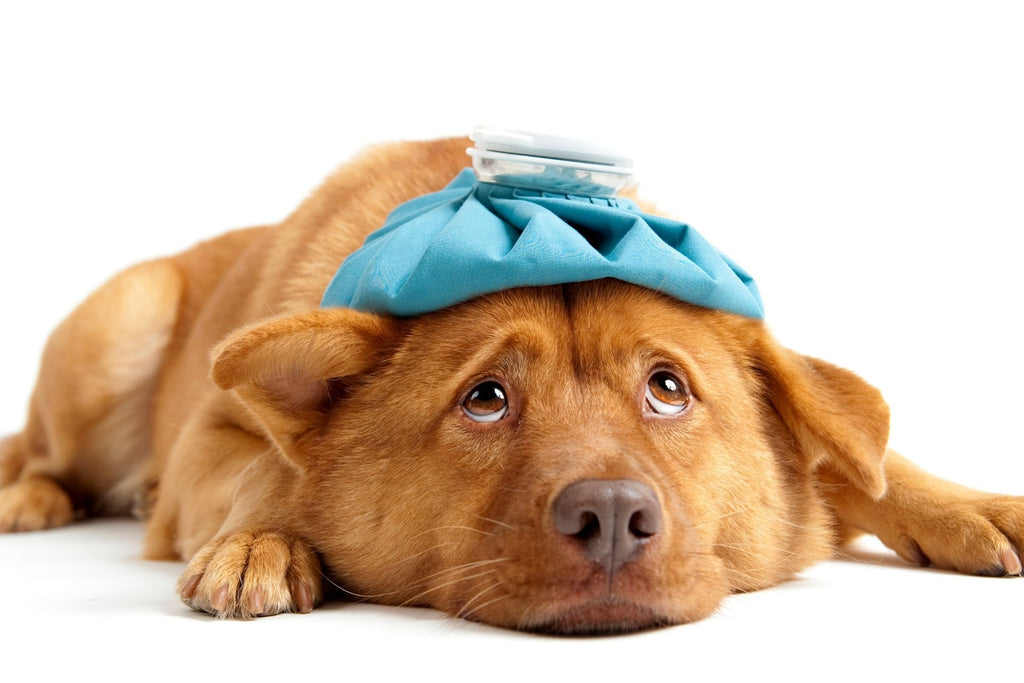
How to Treat Indigestion and Acid Reflux in Dogs

You notice your dog licking his lips, snapping his jaws, and pacing shortly after meals. It's not uncommon for him to vomit, and you hear his stomach making gurgling noises. You wonder what is going on with your dog, but even if you ask him, he can't tell you. If you notice your dog engaging in these behaviours following meals, he may be suffering from indigestion.
Indigestion in dogs isn't always easy to recognise, though. Sometimes the symptoms of acid reflux in dogs are more subtle. It's important to treat indigestion in dogs because too much stomach acid can lead to other health problems, such as ulcers.
What is Indigestion in Dogs?
Indigestion in dogs is any type of stomach distress that occurs after consuming food.
Causes of Indigestion in Dogs
Acid reflux in dogs has several causes. Allergies or food intolerances, intestinal dysbiosis, poor digestion, bowel disorders, and low stomach acid (hypochlorhydria) are typical causes of indigestion in dogs.
Chronic vomiting can lead to acid reflux in dogs. Sometimes dogs can develop long-term problems with vomiting due to another disease or medication.
Another cause of indigestion in dogs is hiatal hernia or diaphragmatic hernia. Hiatal hernia is a defect in which there is an opening in the diaphragm that allows a portion of the stomach liver, or intestines to enter into the chest cavity. The unusual positioning of the stomach in a dog with a hiatal hernia can cause acid reflux.
Signs and Symptoms of Indigestion in Dogs
Your dog cannot tell you when he's experiencing gastrointestinal distress, so it's important to be able to recognise the signs and symptoms of acid reflux. Symptoms may appear suddenly and usually present within a few hours of eating.
Common signs of indigestion in dogs include a lack of appetite, especially in the morning, eating grass excessively, burping or gagging, coughing, smacking or licking the lips, pacing or restlessness, jaw snapping, gurgling in the throat or stomach, dry retching, and drooling. Your dog may also vomit undigested food, mucus or bile, or clear fluid shortly after eating.
Coughing and choking while eating, lethargy, an unwillingness to finish meals, bad breath, and whimpering during meals are also signs of acid reflux in dogs. Your dog may also have licking fits if he's experiencing gastrointestinal distress. During a licking fit, your dog may lick the floor, walls, himself, his bedding, dirt, or grass excessively.
How Does Indigestion in Dogs Occur?
Acid reflux in dogs can occur due to a damaged or weakened sphincter. The sphincter is the muscle that usually keeps stomach contents from travelling upward into the oesophagus. Acid reflux occurs when acid and enzymes from the stomach get into the oesophagus, causing your dog discomfort.
Over time, stomach acid present in the oesophagus can cause throat tissue to become tender and scarred. The tender throat tissue may cause your dog to eat his meals more quickly, which in turn can result in more indigestion. If left untreated, acid reflux can cause other issues, such as ulcers. Chronic stomach acid in the oesophagus can cause esophagitis, inflammation in the oesophagus, which can result in painful swallowing.
When a dog vomits, there is a risk that he can inhale some of it into his lungs. If this occurs, a dog can develop aspiration pneumonia.
How to Treat Dog Indigestion
If you notice any signs of indigestion, take your dog to your veterinarian. Your veterinarian will perform a thorough physical examination, but acid reflux cannot be seen from the outside. Your dog's history and symptoms will help guide your vet's diagnostic process.
Many other conditions mimic acid reflux in dogs, and your vet will need to rule these out during his diagnostic process. Conditions that mimic acid reflux in dogs include the ingestion of a toxin, an abscess, tumours, megaesophagus, and cancer of the mouth or throat.
An x-ray may reveal a hiatal hernia if it's large. However, smaller Hiatal hernias typically don't show up on radiographs.
If your vet suspects acid reflux, he may want to confirm the diagnosis with an endoscopy. In an endoscopy, your dog will receive anaesthesia, and a small camera will be inserted down his throat and into his oesophagus. Your vet can see if there is any oesophagal damage with this procedure.
Acid reflux in dogs can be treated or managed in different ways. If your dog has a hiatal hernia, he will need surgery to correct the defect.
You may need to change your dog's diet to manage his indigestion. Typically, food is withheld for a day or two before you begin to feed your dog a new diet. The special diet used to treat acid reflux is low in fat and protein. You'll feed your dog several small meals throughout the day on his new diet.
Smaller meals are easier on the digestive tract. Fat should be avoided because it weakens the sphincter, the muscle separating the oesophagus from the stomach. Protein increases the production of stomach acid, so feeding a lower protein diet is also helpful.
Giving your dog a blend of prebiotics, probiotics, and enzymes can also effectively reduce acid reflux. Our digestive enzymes for dogs is a supplement that includes a blend of psyllium husk, calcium carbonate, ground golden flax, prebiotics, and probiotics. This blend of enzymes, prebiotics, and probiotics help support a dog's digestive system naturally.
Prebiotics and probiotics help balance the bacteria in your dog's gut naturally. Prebiotics and probiotics also help improve a dog's digestion, promote healthy cell growth, and improve nutrient absorption, and support detoxification.
This blend of digestive enzymes for dogs also supports healthy anal gland functioning. The product can help firm soft stools and harden the loose stool. You can also expect reduced flatulence in your dog.
If your dog is experiencing acid reflux despite a diet change and receiving a blend of prebiotics, probiotics, and enzymes, you should take him back to your veterinarian for a follow-up. Your vet can prescribe a gastrointestinal prokinetic agent. Gastrointestinal prokinetic agents work by improving the movement of food through a dog's gastrointestinal tract and strengthening the sphincter, the muscle separating the stomach and oesophagus, so that food is less likely to back up into the oesophagus.
Antacids are another option you can consider using. However, you should only use antacids under your vet's supervision. Antacids can negatively interact with other medications your dog is taking.
Preventing Indigestion in Dogs

If you know your dog struggles with acid reflux, it is best to try to prevent episodes.
First, feed a low-fat, low-protein diet. Fat weakens the muscles around the stomach and oesophagus, which encourages indigestion while protein promotes the production of increased gastric acid. Instead of feeding one or two larger meals a day, you can feed several smaller meals throughout the day. It is best to consult your veterinarian about the type and amount of food and number of meals you feed your dog each day. You can utilise an automatic feeder to help keep your dog on a regular feeding schedule when you are away from home.
Wet food is typically recommended over dry kibble, but your vet may recommend dry kibble soaked in water or bone broth, both of which are effective at reducing the acidity in the food. Try to feed foods that are easy to digest. Easily digested meats include fish, chicken, and turkey. If you like feeding your dog some human food, good choices include blanched vegetables, rice, and skinless baked sweet potato.
Feeding a small amount of plain canned pumpkin with each meal can help settle your dog's stomach as well. Ice chips, bone broth, bananas, and sweet potatoes can also settle your dog's stomach.
Feeding your dog with an elevated bowl can help prevent acid reflux. You can purchase elevated food dishes at your local pet store.
If your dog is overweight, it is a good idea to discuss a weight-loss plan with your vet. Overweight dogs are at increased risk of developing acid reflux. Don't put your dog on a diet without consulting your vet first. It is important to ensure that your dog is eating enough calories and getting all of the nutrients he needs while he loses weight. Your vet will be able to provide invaluable guidance so that your dog loses weight effectively and healthily.
Finally, it is vital to monitor your dog's condition over time. Watch out for signs and symptoms of indigestion and address them immediately if they occur. With each episode of acid reflux, the sphincter becomes weaker. A weaker sphincter more easily allows for acid reflux to occur in the future, so reducing the number of episodes of indigestion your dog has is an effective prevention strategy.
Prevention of bad breath
As previously mentioned bad breath is a symptom of acid reflux, this may be quite pungent. To help with your dogs' bad breath try our dog breath freshener! Your dog will have great smelling breath plus oral hygiene protection by utilizing our dog breath freshener.
Conclusion
Indigestion is as uncomfortable for dogs as it is for humans. If you notice your dog experiencing any of the symptoms of indigestion, it's important to take him to the vet for a proper diagnosis. Once you have a diagnosis, you can work with your vet on creating an effective treatment plan to address the problem. To help with freshening up your dogs breath consider our dog breath freshener.
About The Healthy Dog Co
The Healthy Dog Co’s mission is to create products that dog and cat owners can trust with the health of their pets by only producing products with healthy, safe, all natural ingredients.
At The Healthy Dog Co, it’s all about giving your pet a healthy and happy life with All Natural Health, Happiness and Care Products.
Because Your Pet Deserves Better!
Shop our range of All Natural Healthcare Products for your Dog or Cat today!
